
BLOG: APPLIED RESEARCH OF EMMANUEL GOSPEL CENTER
College Ministries and Churches Serving University Students
This guide includes Boston-area Christian campus ministries and a sample of churches serving college students.
Skyler via Lightstock
College Ministries and Churches Serving University Students in Boston
by Rudy Mitchell, Senior Researcher
With its 150,000 students and 35 colleges and universities, Boston has long been known as one of the leading college towns in America. The greater Boston area has about 50 colleges and universities and over 250,000 students. Known as the Athens of America, Boston also hosts many thousands of international students, scholars, and researchers.
Here is a selective guide to some Boston-area Christian campus ministries and a sample of churches serving college students.
If you are a prospective student, parent, youth worker, or advisor, this information can help you find a Christian group or staff worker. If you believe God is calling you into campus ministry, Boston is a strategic area with many opportunities for ministry. If you have a concern to pray for Boston-area campuses, students, and ministries, this guide provides an overview and some information to start with. Current students with questions about God or the Christian faith can use this guide to find fellow students or campus workers to talk to or meet with.
General Campus Ministries
InterVarsity Christian Fellowship (IVCF)
"The purpose of InterVarsity Christian Fellowship is to establish and advance at colleges and universities witnessing communities of students and faculty who follow Jesus as Savior and Lord: growing in love for God, God’s Word, God’s people of every ethnicity and culture, and God’s purposes in the world." — IVCF, Our Purpose
Leadership: Susan Park, Area Director
Contact: newengland@intervarsity.org
InterVarsity has ministries, groups, or staff covering the following campuses: Babson College, Berklee College of Music (including Boston Conservatory), Boston College, Boston University, Brandeis University, Bunker Hill Community College, Harvard University, Massachusetts Institute of Technology (MIT), Massachusetts College of Pharmacy and Health Sciences (MCPHS), New England Conservatory, Northeastern University, Radcliffe College, Tufts University, and the University of Massachusetts Boston.
Some ministries on various campuses are focused on serving specific undergraduate or graduate groups. For example, Harvard Graduate School Christian Fellowship serves Harvard graduate students in the Law School, Business School, and others.
For contacts and information on staff or groups, visit intervarsity.org/chapters.
Cru Boston
“Cru is a caring community passionate about connecting people to Jesus Christ. Our purpose is helping to fulfill the Great Commission in the power of the Holy Spirit by winning people to faith in Jesus Christ, building them in their faith and sending them to win and build others. We help the body of Christ to do evangelism and discipleship in a variety of creative ways. We are committed to the centrality of the Cross, the truth of the Word, the power of the Holy Spirit and the global scope of the Great Commission. … Cru offers spiritual guidance, resources and programs tailored to people from all cultures in every walk of life.” — Cru, What We Do
Website: cruboston.com
Leadership: Sharon Kumar, Cru Team leader in Boston
Staff contacts: cruboston.com/contact
Cru has groups, ministries, or staff covering the following campuses: Babson College, Berklee College of Music (including Boston Conservatory), Boston College, Boston University, Brandeis University, Bunker Hill Community College, Emerson College, Emmanuel College, Harvard University, Lesley University, Massachusetts College of Art and Design (MassArt), Massachusetts College of Pharmacy and Health Sciences (MCPHS), Massachusetts Institute of Technology (MIT), New England Conservatory of Music, Northeastern University, Roxbury Community College, Simmons University, University of Massachusetts Boston, Wellesley College, and Wentworth Institute of Technology.
Navigators
“The Navigators Christian Fellowship at Boston University is a community of students and friends who want to know God and Jesus Christ and who want to love and encourage each other while walking through life together in Boston.” — The Navigators Christian Fellowship at Boston University
The ministry has weekly small-group Bible studies and large-group meetings.
Navigators is a 90-year-old international, interdenominational Christian ministry known for its emphasis on discipleship and its motto, “to know Christ and to make him known.”
Website: bunavs.org
Craig Parker, City Leader
Rich Brzoska, Campus Director
Chi Alpha
Chi Alpha is a campus ministry that seeks to reconcile students to Christ and build a strong foundation for a lifelong relationship with Him. It is affiliated with the Assemblies of God denomination.
In Boston, there are Chi Alpha Christian Fellowships at Boston College, Boston University, and Massachusetts Institute of Technology (MIT).
Website: chialpha.com
Christian Union
Christian Union seeks to “bring spiritual transformation and renewal to campus by seeking the Lord, growing in knowledge and love of His Word.” Staff teach “intellectually rigorous Bible courses, disciple students one-on-one, and coach students to develop as Christian leaders.” — Christian Union
Christian Union ministers at Harvard University and Harvard Law School.
Website: cuglorialaw.org
Leadership
Don Weis, Christian Union Director of Undergraduate Ministry at Harvard
Justin Yim, Christian Union Ministry Director at Harvard Law
Contact: glorialaw@christianunion.org
Coalition for Christian Outreach
Coalition for Christian Outreach is a national student ministry partnering with local churches. Its vision is to see students empowered by the Holy Spirit to live out the public implications of their personal transformation in every sphere of life. They love Jesus intimately, view the world Biblically, live obediently, join in Christ’s restoration of all things, and invite others to do the same.
Locally, the ministry serves students at Boston College and Berklee College of Music and partners with the Church of the Cross.
Leadership: Garrett Rice, Campus Minister, Boston College
International Students Inc. (ISI)
“International Students, Inc. exists to share Christ’s love with international students and to equip them for effective service in cooperation with the local church and others.” — International Students, About Us
Leadership: Steve Hope, ISI Boston City Director
Boston International Student Ministry
“Our mission is to collectively serve international students, scholars, and their families by providing valuable services and activities. … The services we offer consist primarily of friendship partners, holiday host families, seminars, tourism, and ESL classes (conversational and academic). Spiritual activities such as Bible studies and church participation are also offered for those who are interested.” — Boston International Student Ministry, About Us
Website: ismbostonwest.org
Contact: Michael Dean
For more information on international student ministry in Boston, see the Emmanuel Gospel Center’s New England’s Book of Acts, Section 2, pp. 103-113.
Reformed University Fellowship (RUF)
“Reformed University Fellowship - (RUF) is a campus ministry that reaches college students from all backgrounds with the hope of Jesus Christ. College is a time when beliefs are explored, decisions are made, and lives are changed. We invite students into authentic relationships and the study of God’s Word.” — Reformed University Fellowship
Boston University
Website: rufbu.com
Campus minister: Nathan Dicks
Harvard University
Website: ruf.org/ministry/harvard-university
Campus minister: Michael Whitham
Massachusetts Institute of Technology
Website: ruf.org/ministry/massachusetts-institute-of-technology
Campus minister: Solomon Kim
Sojourn Collegiate Ministry
Sojourn is a New England campus ministry with a focus on community, justice, and faith. Serving Northeastern University, Boston University, University of Massachusetts, Boston and Tufts University (Bread Coffeehouse).
Website: sojourncollegiate.com
Leadership
Boston Lead: Linsey Field
Executive Director: Tim Hawkins
The Archdiocese of Boston has a Campus Ministry Office with links and information about its many Catholic campus ministries: bostoncatholic.org/chaplaincy-programs/college-campus-ministry.
Athena Grace via Lightstock
Churches with college student ministries or serving college students
Abundant Life Church, Cambridge
A number of college students attend this church led by Pastor Larry Ward. Associate Pastor Kadeem Massiah is experienced in campus ministry.
Website: alccambridge.org
Phone: (617) 864-2826
Bethel AME Church
College Corner is Bethel AME’s college ministry.
Website: bethelame.org/church-school
Facilitators: Sis. Shironda White & Rev. Carrington
Phone: (617) 524-7900
Boston Chinese Evangelical Church (BCEC)
BCEC has a long history of serving college students.
Website: bcec.net
College ministry staff
Ryan So, Director Young Adult & College Ministries, (617) 426-5711, x219
Chris Horte, Director of Student Ministries, Newton Campus, (617) 243-0100 x207
Central Square Church, Cambridge
The conveniently located congregation tends to have many college students attending.
Website: centralsquare.church/youngadults
College ministry staff
Jean Shim, Pastor of Young Adults & Ministries
Phone: 617-420-2232
Email: info@centralsquare.church
Christ the King Church, Cambridge
Christ the King is centrally located between Harvard and MIT at 99 Prospect St. in Cambridge and supports several Reformed University Fellowship groups on campuses.
Website: ctkcambridge.org/college
Phone: (617) 864-5464
Church of the Cross
The campus ministry is a partner with Coalition for Christian Outreach, which is a national student ministry partnering with local churches: ccojubilee.org/about-us.
Website: cotcboston.org/staffandclergy
College ministry staff
Garrett Rice, Director for Collegiate and Young Adult Ministry
City Life Church
City Life Church serves students from many campuses with community groups, monthly city-wide meetings, and retreats.
Website: citylifeboston.org/university
Hyunjo Park and Jamie Lee, University Ministry Interns
Cornerstone Church of Boston
Cornerstone has both young adults and students in its congregation. Its campus ministry contact person is Danny Yoon.
Jubilee Christian Church
Jubilee’s College & Young Adult Ministry is called “Influence.”
Website: jubileeboston.org/influence
Phone: (617) 296-5683
Email: connect@jubileeboston.org
Park Street Church (PSC)
PSC partners with Cru Boston to reach undergraduates and InterVarsity to reach graduate students on campus, but college students involved at Park Street Church also participate in other on-campus ministries.
Ministries
College community: parkstreet.org/ministries/college/
Internationals: parkstreet.org/ministries/internationals
Boston Healthcare Fellowship: healthcarefellowship.org
Staff
Tammy McLeod, Director of College Ministry
Tim Leary, Director of Grad Student Ministries
Dr. Raymond Kam, Minister to Internationals
Symphony Church
The Symphony College Congregation meets at 967 Commonwealth Ave. in Boston.
Website: symphonychurch.com/college
Email: admin@symphonychurch.com
Staff
Michael Oh, College Pastor
*For more complete information on churches, see our online Church Directory and map.
Aimee Whitmire via Lightstock
College Campuses & Christian Ministries Serving Them
Babson College
Cru, IVCF
Berklee College of Music
Cru, IVCF, Coalition for Christian Outreach, Berklee House of Prayer
Boston College
Cru, IVCF, Coalition for Christian Outreach, Chi Alpha, Asian Baptist Student Koinonia (ABSK)
Boston University
Cru, IVCF, Navigators, Reformed University Fellowship, Sojourn Collegiate Ministry, Chi Alpha, Asian Baptist Student Koinonia (ABSK)
Brandeis University
Cru, IVCF, Asian Baptist Student Koinonia (ABSK)
Bunker Hill Community College
Cru, IVCF (Christian Fellowship)
Curry College
IVCF - Crossroads, JAM, Office of Spiritual Life
Emerson College
See nearby Park Street Church, City Life Church, & Cornerstone Church
Center for Spiritual Life: emconnect.emerson.edu/organization/spirituallife
Emmanuel College
Cru, IVCF, Mission and Ministry (including Community Service)
Harvard University
Cru, IVCF, Christian Union Gloria, Southern Baptist Chaplaincy, Foursquare Church Chaplain, Reformed University Fellowship (PCA), Asian Baptist Student Koinonia (ABSK), and other denominational chaplaincies. Radcliffe also has an IVCF group.
Lesley University
Massachusetts College of Art and Design (MassArt)
Cru, IVCF
Massachusetts College of Pharmacy and Health Sciences (MCPHS)
Cru, IVCF
Massachusetts Institute of Technology (MIT)
Cru, IVCF, Reformed University Fellowship, Chi Alpha (Baptist Student Fellowship), Asian Baptist Student Koinonia, Octet Collaborative-Christian Study Center, Cambridge Roundtable on Science and Religion (for faculty, contact: dyamash@mit.edu)
New England Conservatory of Music
Cru, IVCF (NEC Christian Fellowship)
Northeastern University
Agape Christian Fellowship (CRU), InterVarsity Christian Fellowship, Asian Baptist Graduate Student Koinonia, Chinese Christian Fellowship, Open Table (Lutheran-Episcopal Campus Ministry), Sojourn Collegiate Ministry, Youth Empowerment Ministry, and YWAM Friends (International Students)
Roxbury Community College
Cru
Simmons College
Cru
Suffolk University
Youth Empowerment Ministry
See nearby Park Street Church, City Life Church, and Cornerstone Church
Tufts University
C. Stacey Woods Programming Board (Partnering with IVCF), University Chaplaincy, Sojourn Collegiate Ministry (Bread Coffee House)
University of Massachusetts, Boston
Cru, IVCF, Sojourn Collegiate Ministry, UMB Christians On Campus, First Love UMass, and Life On Campus
Wellesley College
Cru, IVCF, Asian Baptist Student Koinonia (ABSK), Wellesley Symphony Church group, Awaken the Dawn (Christian Acapella Group), Wellesley CityLife Church group
Wentworth Institute of Technology
Cru, Alpha Omega
To find further information about specific campuses and groups, you can typically use a search with the following pattern: “name of school” and “student organizations” (category: religious & spiritual).
Christian Creatives and the Church
The arts are an important opportunity for spiritual formation. How can churches reach unbelievers through the arts while caring for the creatives in their pews at the same time?
Photography by R9 Foto for The Emmanuel Gospel Center
Christian Creatives and the Church
It’s time for the two to support each other.
by Hanno van der Bijl, Managing Editor, Applied Research & Consulting
Armani Alexis Acevedo is an artist, designer, entrepreneur, and hip hop artist. Everything he does is to glorify God, but at one point in his life, he just could not see a home inside the Church for his creative passion.
He is thankful for the spiritual foundation he received from his church growing up but he didn’t feel fully supported in his calling until recently. A lot of that has to do with the buy-in of his pastors, including Davie Hernandez, co-senior pastor of Restoration City Church.
“It definitely is an encouragement to know that your pastors support you in that way, from the little things, even sharing my posts, or my songs, or our collections — he's probably wearing one of our tees right now,” Armani said. “Those things really mean a lot.”
But Armani still hears parishioners voicing their disapproval: “I don’t think this glorifies God” or “This art is too loud.” These moments don’t come without pain as Armani invests hours and heart into his creative projects.
“As artists, I feel like we do see things a little differently and appreciate detail more and the commitment behind it,” he said.
Christian creatives like Armani intentionally pursue their vocations as believers and artists, actively integrating their faith and work.
They live in the tension of a Church trying to stay faithful in a changing world. They’re caught between competing visions of what the Church should look like and how it should operate.
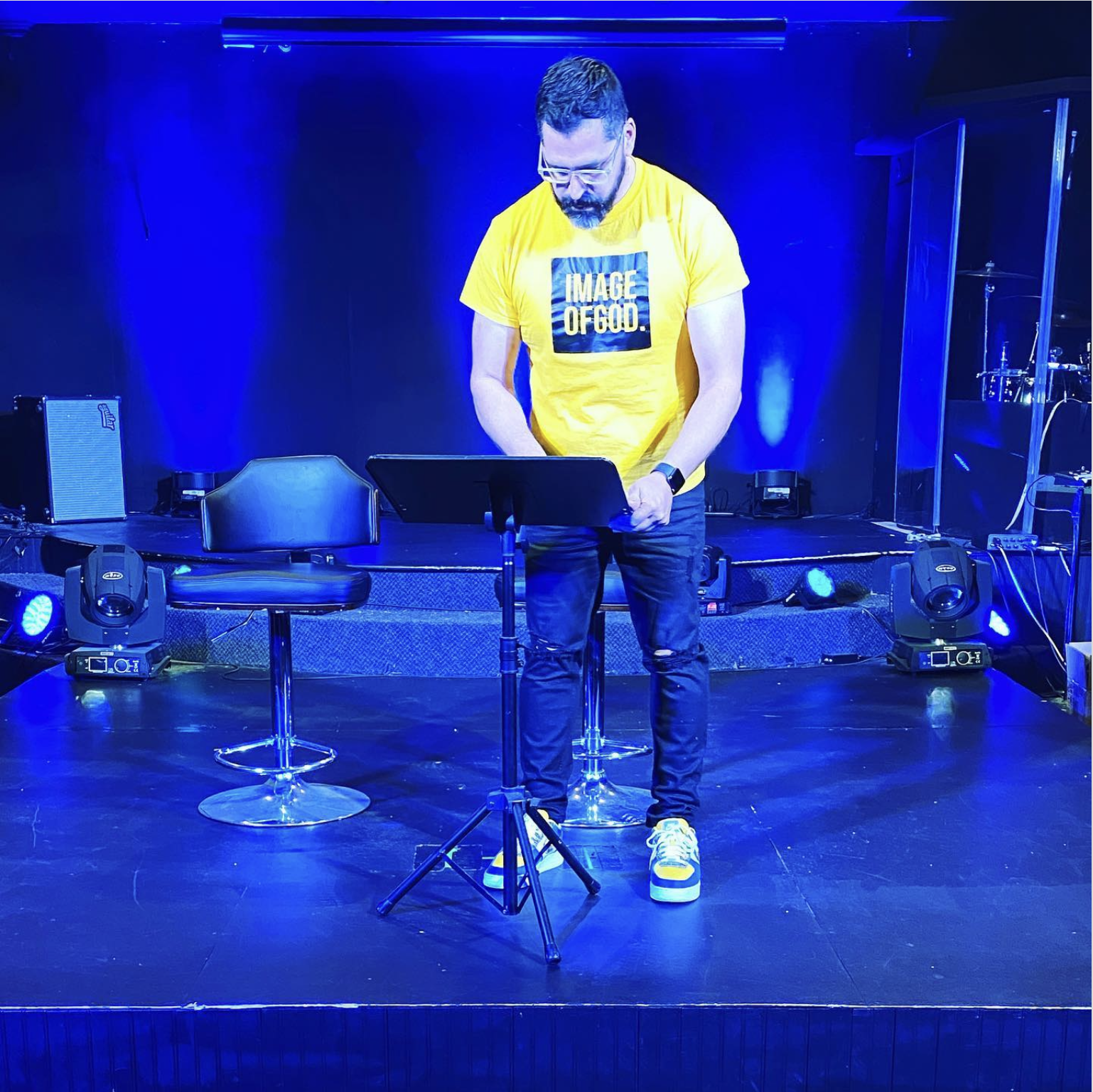



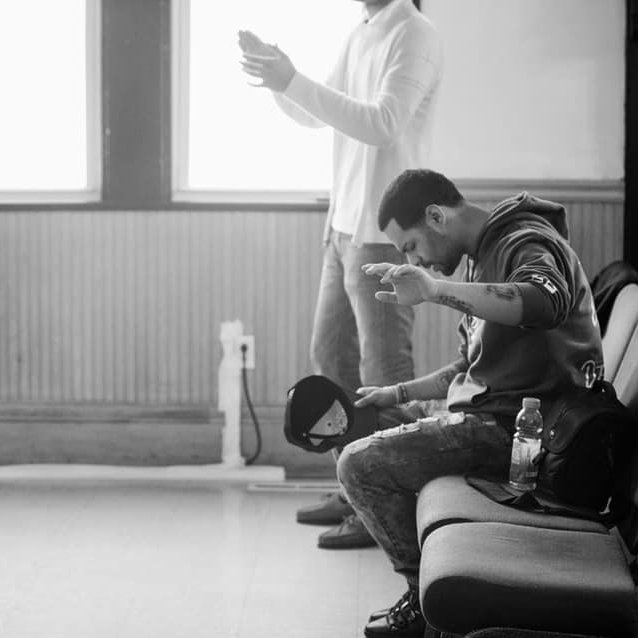
They don’t always feel seen. Many feel like spiritual orphans in a world that neither understands nor values their faith and a Church that neither acknowledges nor appreciates their gifts.
Some church leaders do see them. They say Christian artists are an untapped resource.
Pastor Valerie “Val” Copeland, pastor of Neighborhood Church of Dorchester, said God has given every Christian gifts and skills for a reason.
“Christian creatives sit in church without their gifts being used, without space being made for their gifts, while they sort of dry up on the vine,” she said. “If we need a singer or guitarist or drummer, we'll search them out. But where's the imagination to say if they are gifts that God has given you, then it's incumbent upon us to figure out how to make room for them?”
“Christian creatives sit in church without their gifts being used, without space being made for their gifts, while they sort of dry up on the vine.”
It hasn’t always been this way. Historically the Church has been a driving force for the arts, integrating it in its worship, teaching, and architecture. In some places marked by post-Christianity, the churches may be empty but their beauty continues to bear witness.
The arts have the power to speak to people in ways that sermons can’t. The Christian creatives sitting in the pews could help address some of the biggest challenges facing churches today. This is an opportunity for churches to support creatives while at the same time mobilizing them for mission.
In an effort to help churches do that, we connected with Christian creatives and pastors to learn from them how churches can support and equip the artists sitting in the pews.
A creative God
Christian creatives say they draw inspiration from the Creator — and that churches should too.
“God is the first artist,” Pastor Val said. “The beauty of art and the drama of art calls our hearts to something greater than ourselves and reminds us that God’s design is intentional: the way that he uses color, the way that he uses the drama of thunder and lightning, the way that he calls us to be creative in how we love the world.”
God’s creation is not only beautiful, it's also unique. He made humans in his image to reflect his creativity. For Michael “Mike Mack” McPherson, founder of Elevation Conference, the rich diversity of God’s created order is the “essence of creativity.”
“God is the first artist. The beauty of art and the drama of art calls our hearts to something greater than ourselves and reminds us that God’s design is intentional.”
“He could have easily made every single bug the same — every single ladybug could have the same amount of spots, and he decided that he would splatter and make them all look so different and so unique,” Mike Mack said. “But then we come into the Christian world and we look at art and music and we're like ‘It's supposed to sound like this.’”
Creatives embrace the call to “sing a new song.” They thrive on expressing themselves through their work, improvising to bring something new out of the old.
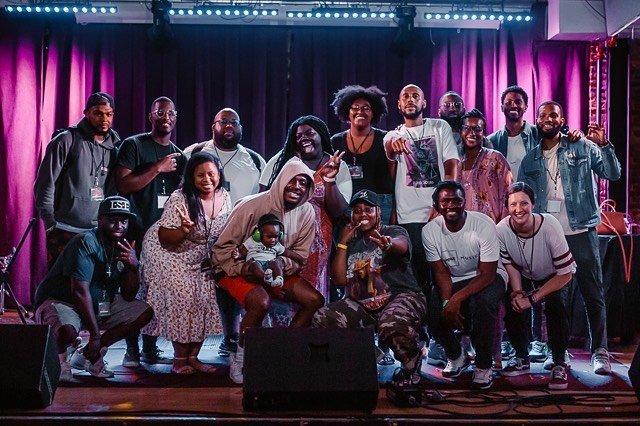
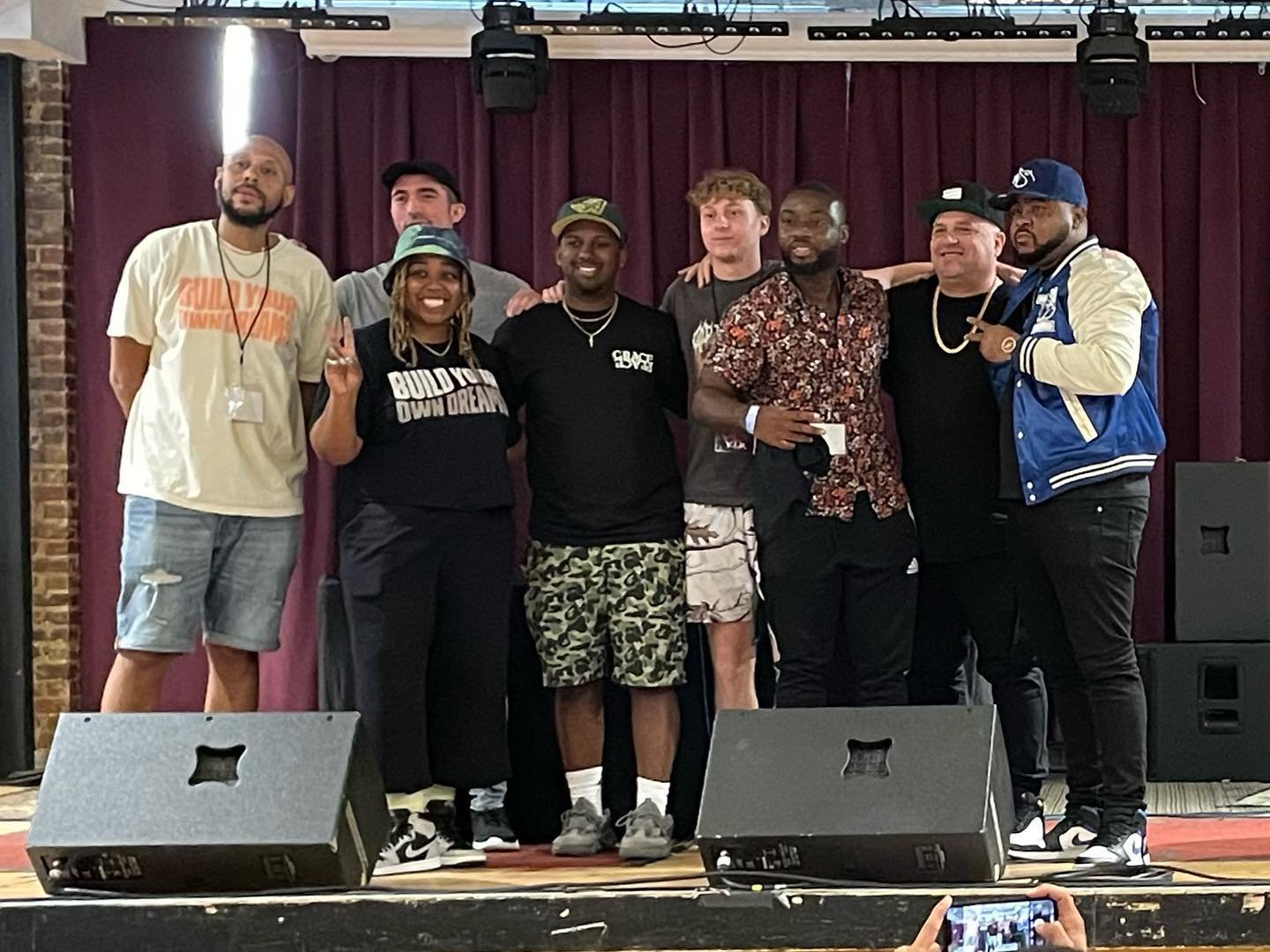
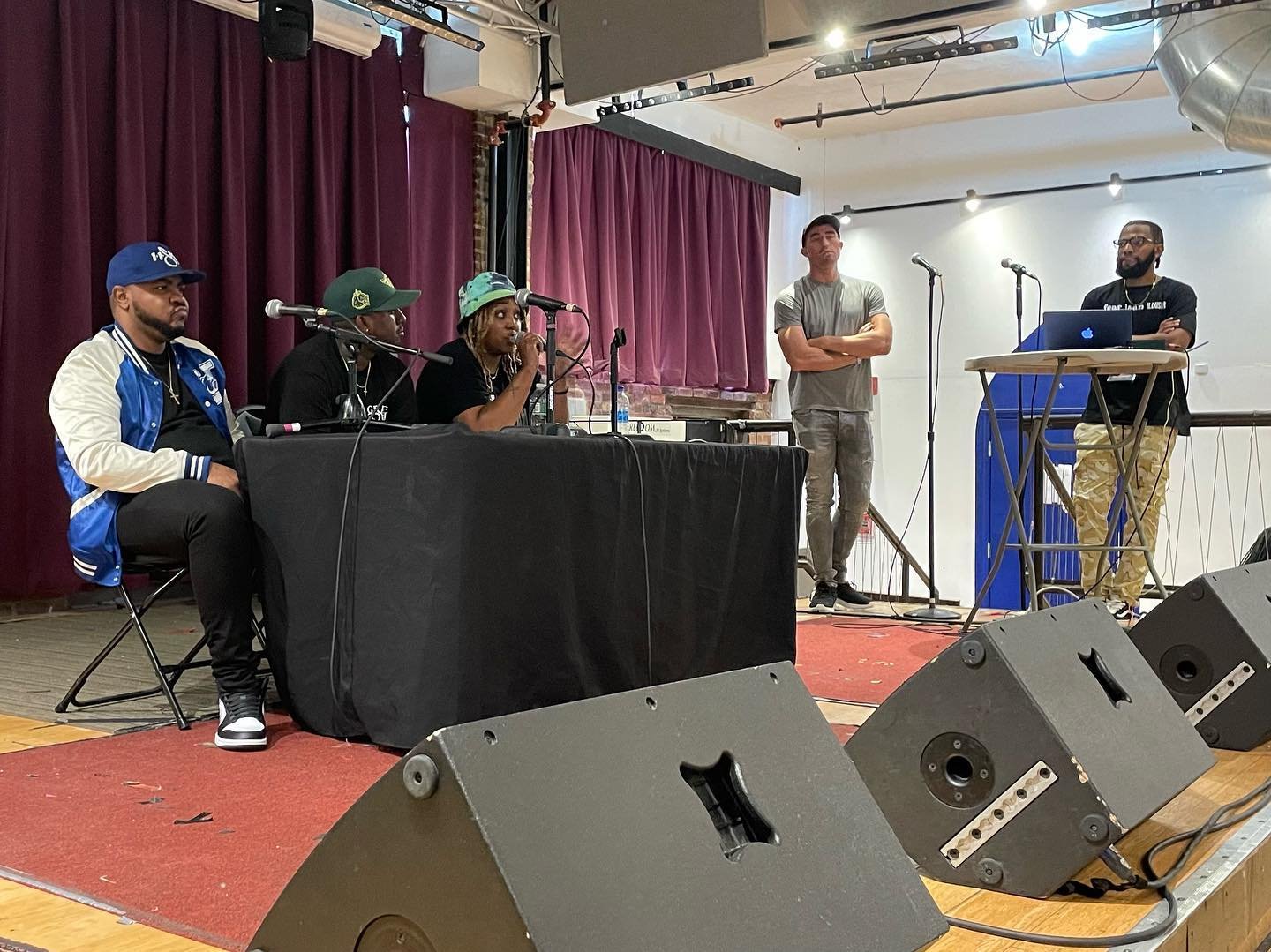
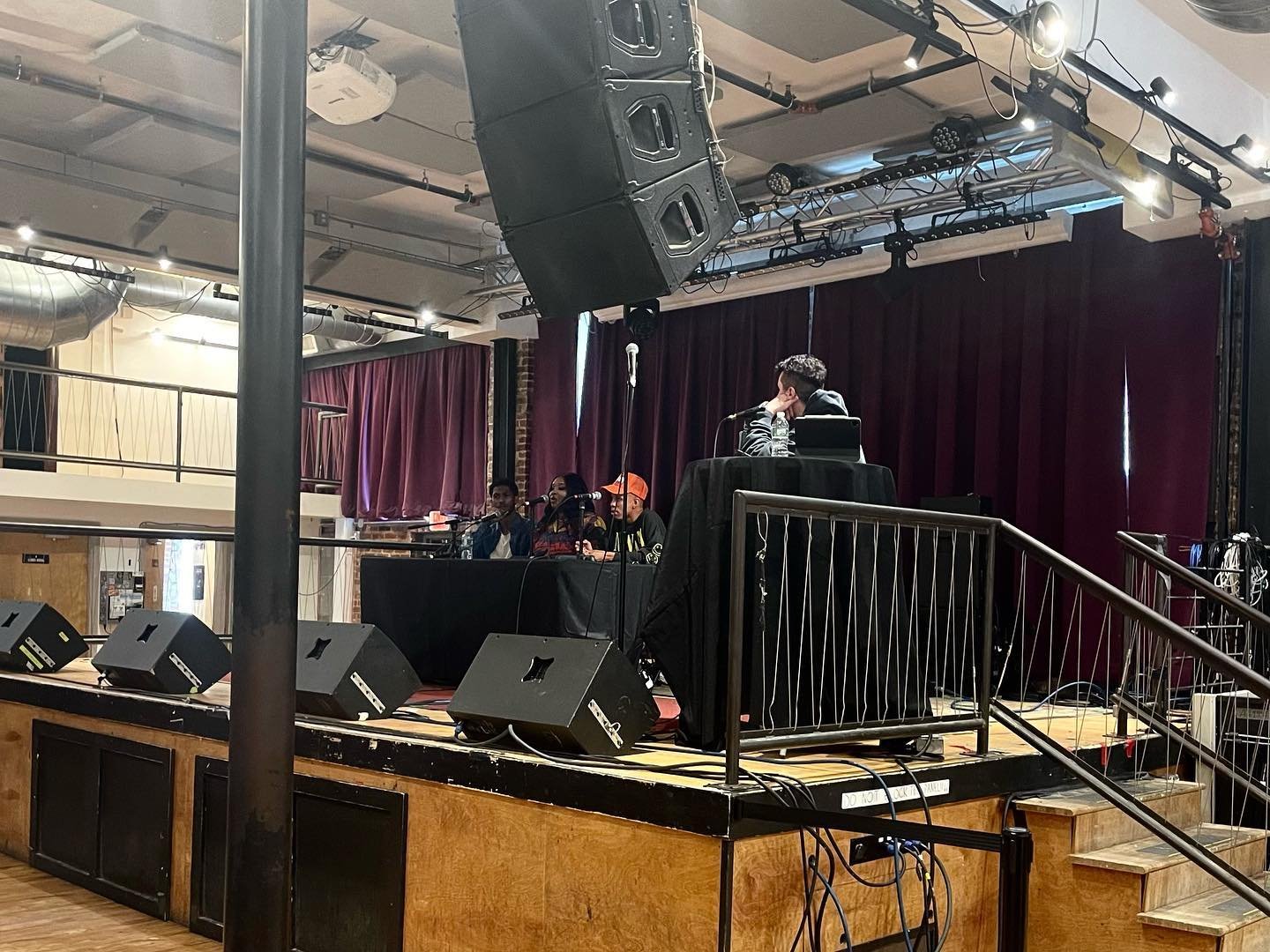
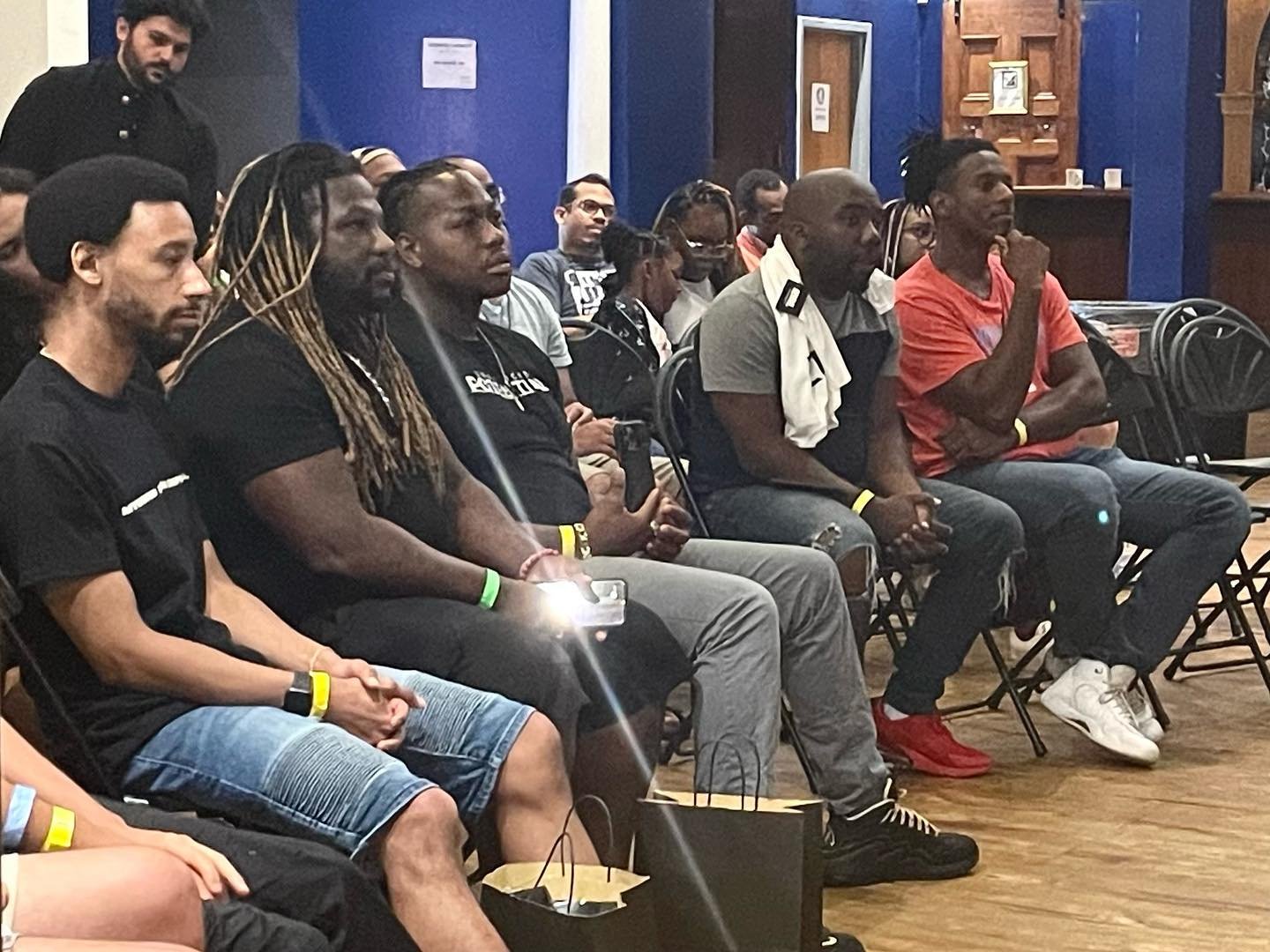
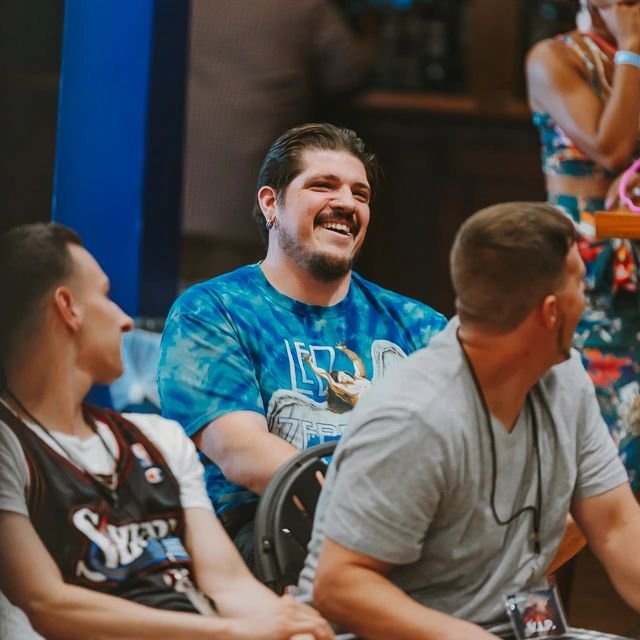
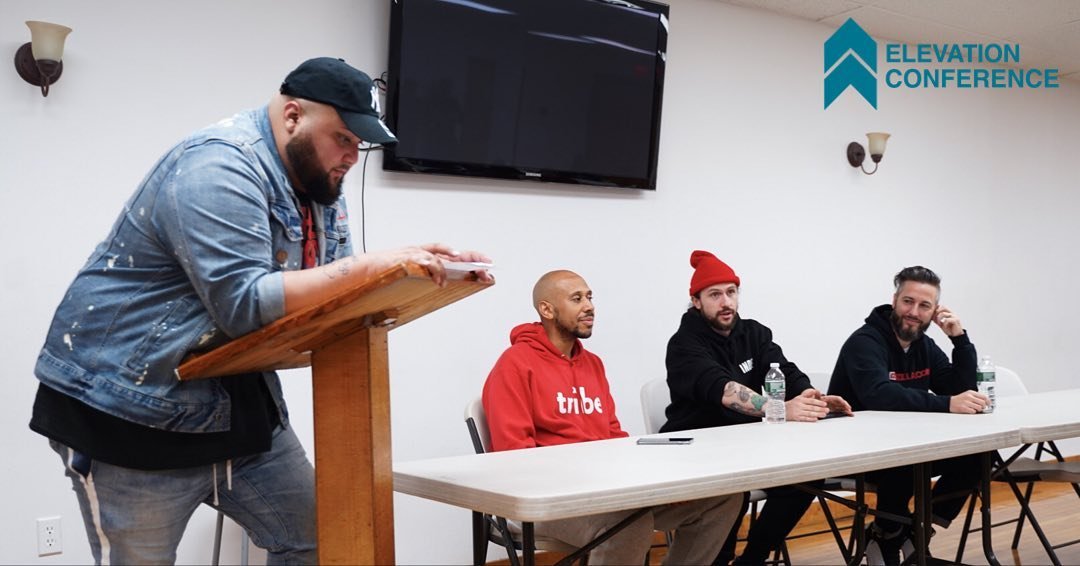
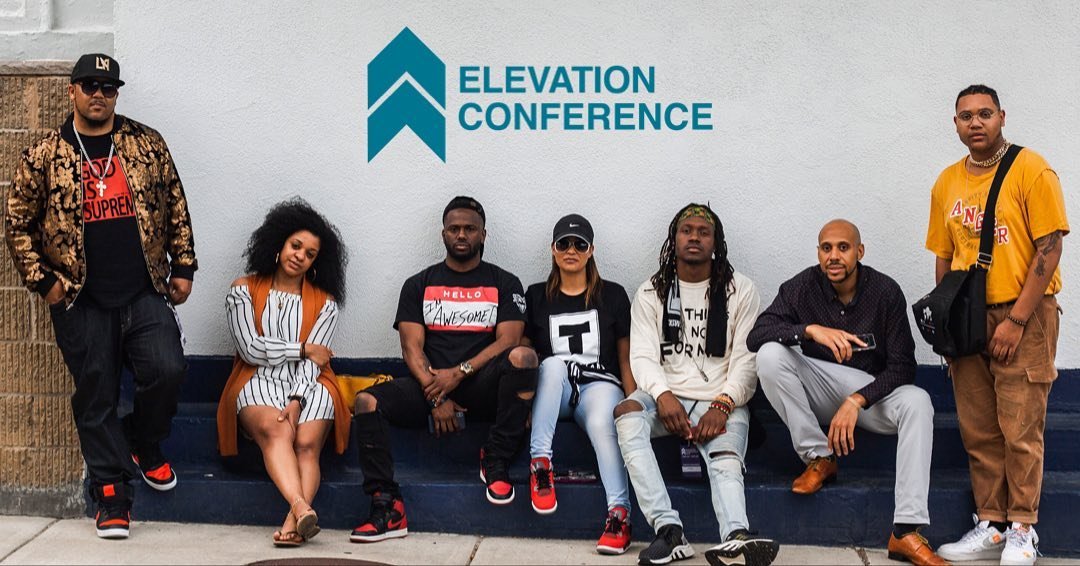
Many creatives feel that a lot of churches function exactly the opposite way. The familiarity of traditions provide safety and stability; however, if churches hold them too tightly there can be little room for something new. The tension between creative expression and commitment to tradition can often be at odds.
“The overarching problem is that the Church is terrified of so much. The Church creeps around so much,” Mike Mack said. “The Church still has — despite what Paul said — a 'taste not, touch not' mentality (Col. 2:20-23) about almost everything that could be considered sin and is probably not actually sin.”
Christian creatives often face the impossible task of producing art that checks all the boxes for churches theologically and for the world aesthetically. Placing restrictions on artists that don’t concern the core message of the gospel chokes creativity.
A creative Church
The COVID-19 pandemic forced churches to get creative. The crisis compounded the new challenges with long-standing issues that surfaced and threatened division. Many people did not return to worship services after lockdown measures were lifted, and increasingly younger generations don’t want anything to do with the institutional church.
To minister in this new reality, Pastor Val said “our missiology has to shift.”
“I talk to a lot of folks who are just really hanging onto the Church by a string,” she said.
Christian ministry is often geared to preaching that appeals to the head, but it is missing out on the power of the arts to reach the heart.
“This is definitely an area that the Christian Church has fallen asleep on,” Pastor Val said. “We've sort of limited God to the area of our brain: think about it, write about it, talk about it.”
Pastor Valerie Copeland
But with the state of the broader culture, this will not be enough to communicate the gospel effectively to many people. The call of Jesus’ Great Commission is to “go” to people instead of telling them to “come” to the Church.
“I think too often we're waiting for people to meet our criteria — and it's completely backwards,” Pastor Val said. “This idea — I'm willing to do whatever it takes to tell you about God: a God that loves you, a God that inspired all of this beauty, and a God that finds beauty in you — I'm willing to do whatever it takes. You've got to be willing to do whatever it takes.”
Pastor Val said Grace Chapel’s passion week display was a moving example of how God can use the arts to “preach” the message of the gospel. The display included beautiful art installations with quiet spaces for reflection.
“The last installation is just an empty tomb, and I can't tell you how that thing just brought me to my knees,” she said. “I've heard many sermons about the empty tomb that didn't bring me to my knees. Seeing that empty tomb brought me to my knees.”
In addition to proclaiming the Good News in different ways, Pastor Val said Christian creatives have the opportunity to help heal the fallout from broken or false views of God. Images have power, and when they’re not created to look like the people they’re meant for, it can have a lasting negative impact. Creatives can step in to redirect the image and narrative that disaffected people have of God.
“Give them platform, stop hiding them, stop discouraging them, be more encouraging, give them opportunities to present — especially on Sunday mornings. If you look around your congregation, there’s probably people who do all sorts of really cool, really unique things.”
“One of the ways that Christian creatives can be helpful is in bringing these important issues to light but also in correcting the narratives that have been associated with these images, and redirecting the narrative towards what is true and who we are as Christian believers,” Pastor Val said.
For churches that want to take the risk and change their approach to ministry, it will likely mean a painful period of adjustment, she said. But church leaders who worry about how to reach the unbelievers in their community may not realize that God has already provided them with the answer right there in the pews.
God has equipped Christian creatives in their congregations with gifts to preach the beauty of the gospel. But they must be empowered, not exploited.
“Give them platform, stop hiding them, stop discouraging them, be more encouraging, give them opportunities to present — especially on Sunday mornings,” Mike Mack said. “If you look around your congregation, there's probably people who do all sorts of really cool, really unique things.”
Creatives have their own ideas for how churches can begin to support them as they live out their calling to glorify God. They stress that this will mean a change in the usual mindset and approach to ministry. Of the many ways they can help, churches can start praying and thinking creatively about how they approach their finances, building space, and ministry staff.
Creative with support
One of the basic ways churches can begin to think creatively about equipping the artists in their pews is by supporting them financially.
An economy shaped by modern technology and social media has conditioned us to expect things to be free. Coupled with the tendency in churches to spiritualize volunteerism as Christian service, this dynamic puts Christian creatives in a difficult spot. They’re often expected to use their gifts and skills for free. And not complain about it.
“One of the things that does concern me is the inability for creatives, in general, particularly Christian creatives — particularly Christian creatives of color — to make a living,” Pastor Val said.
“We’ve got to start seeing people as an investment in the kingdom versus their output as the investment.”
It’s not fair the way churches impoverish Christian artists as they pursue their ministries, Pastor Val said.
“Christian creators contribute so much more to our economy than they get back,” she said. “They contribute so much more to the economy of the Church than they get back.”
When churches exploit the work of their people, it compromises the Church’s witness to the world.
“Justice starts in the house of the Lord. We cannot be out there fighting for justice and defending the rights of the poor and the exploited and then be exploiting people within the house of the Lord,” Pastor Val said. “We've got to start seeing people as an investment in the kingdom versus their output as the investment.”

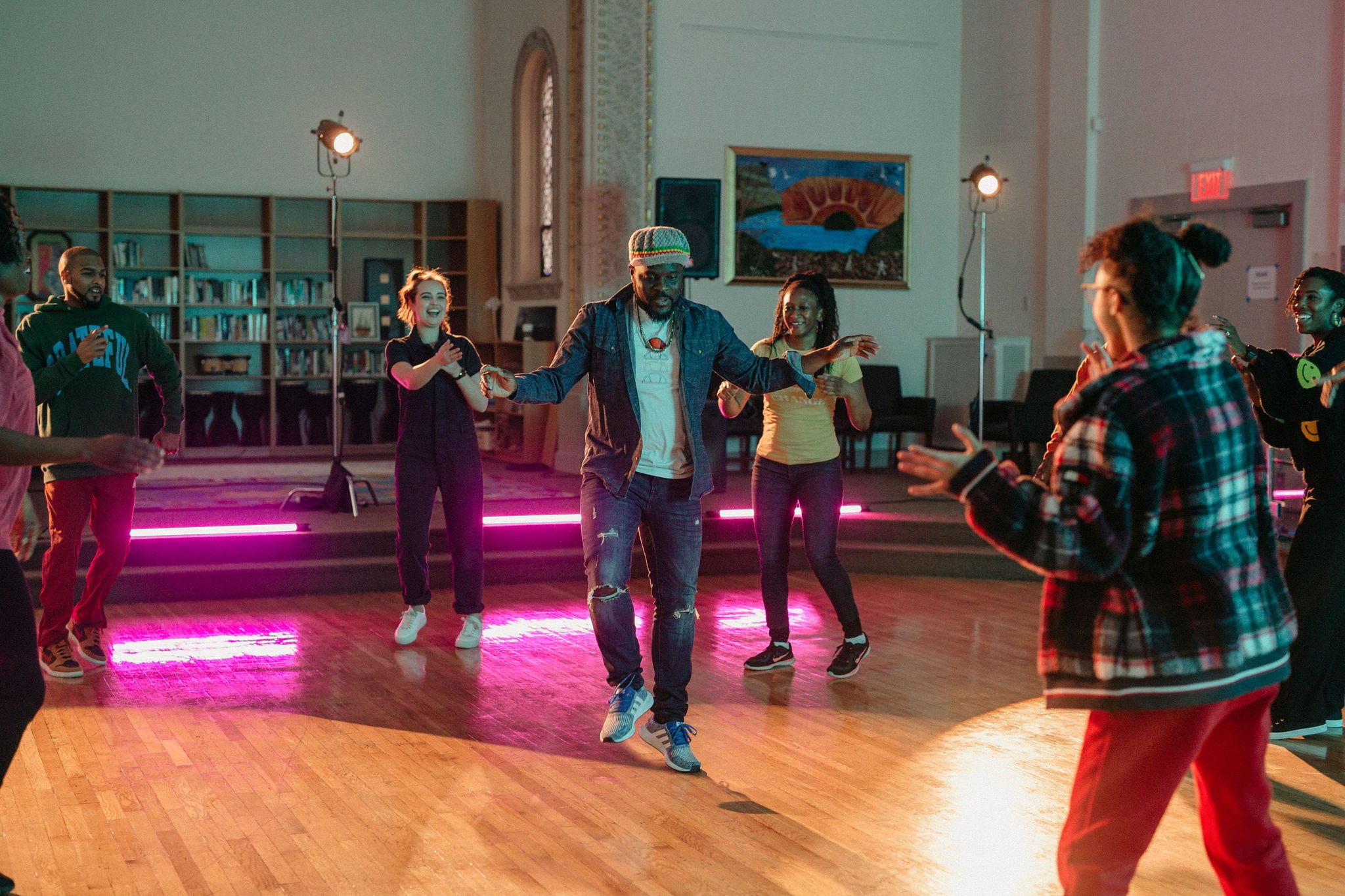
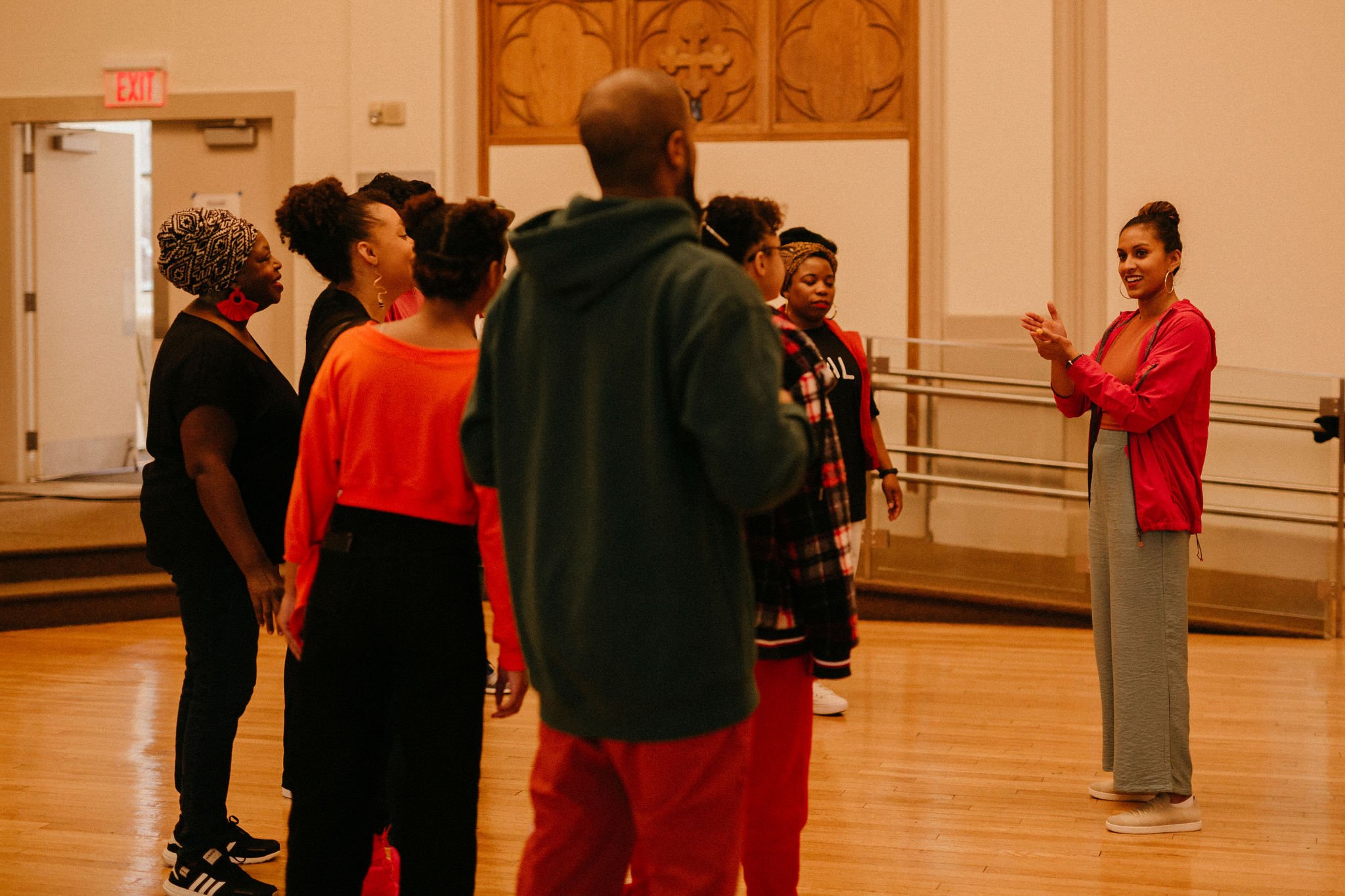
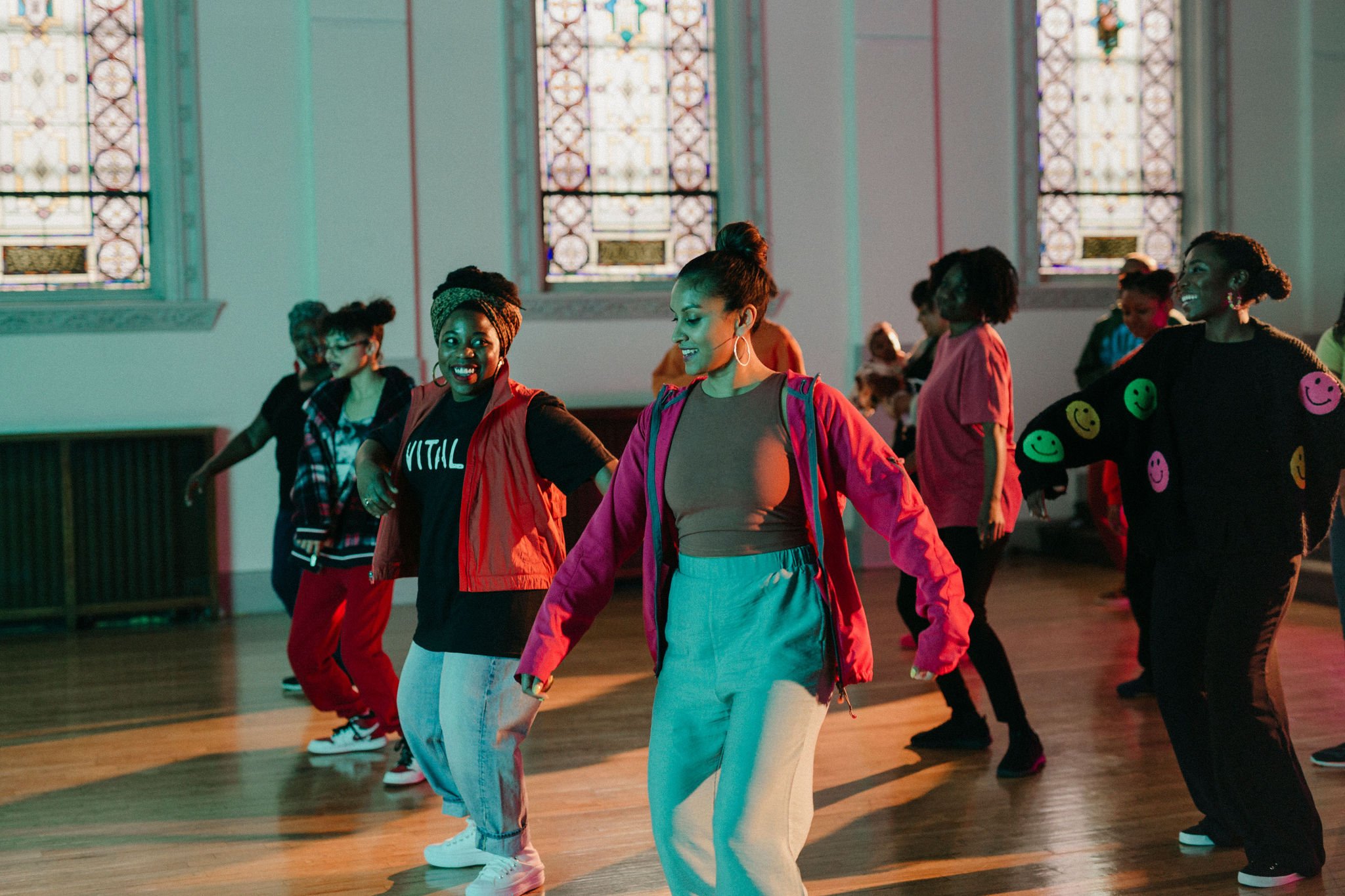
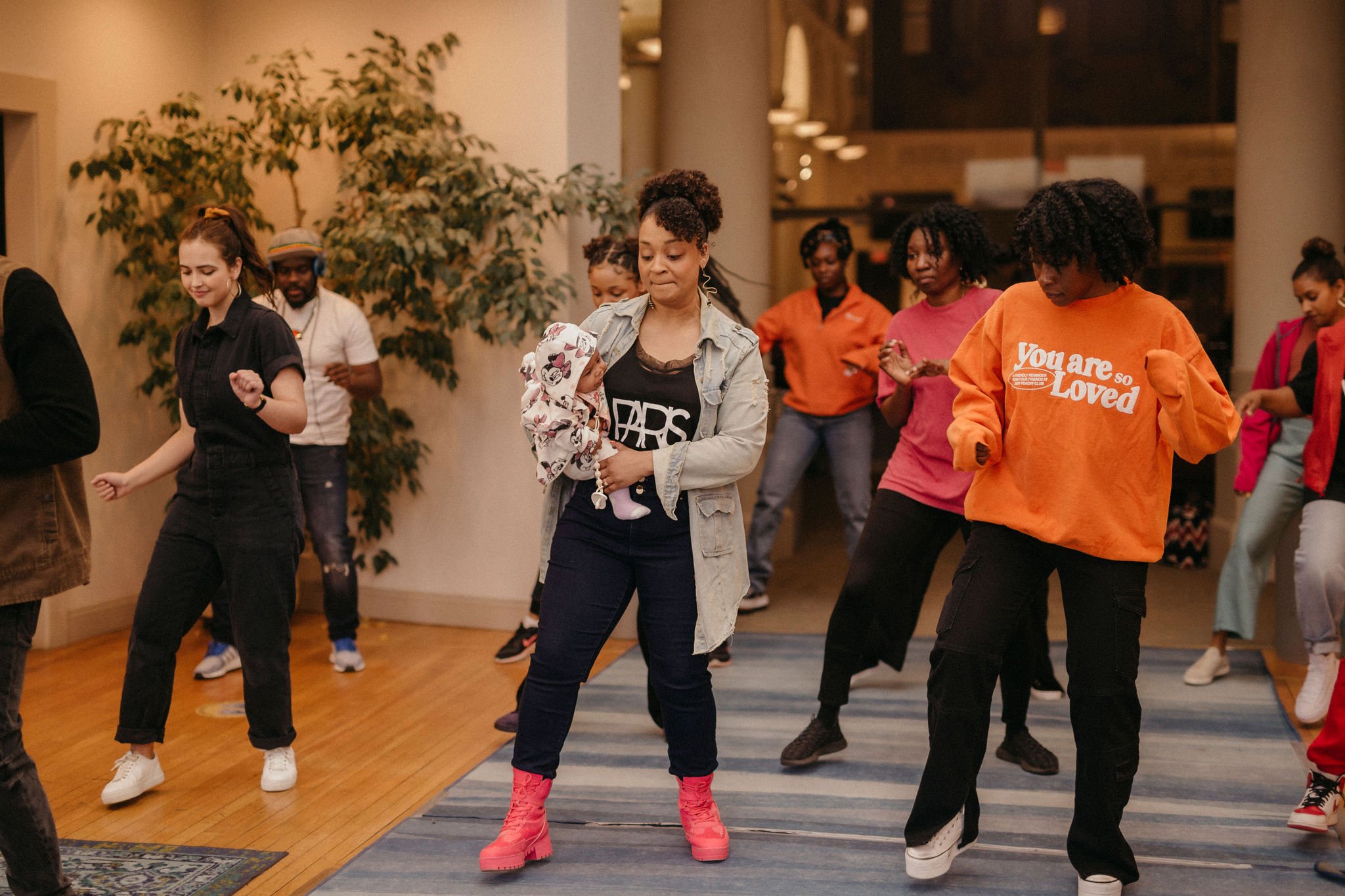

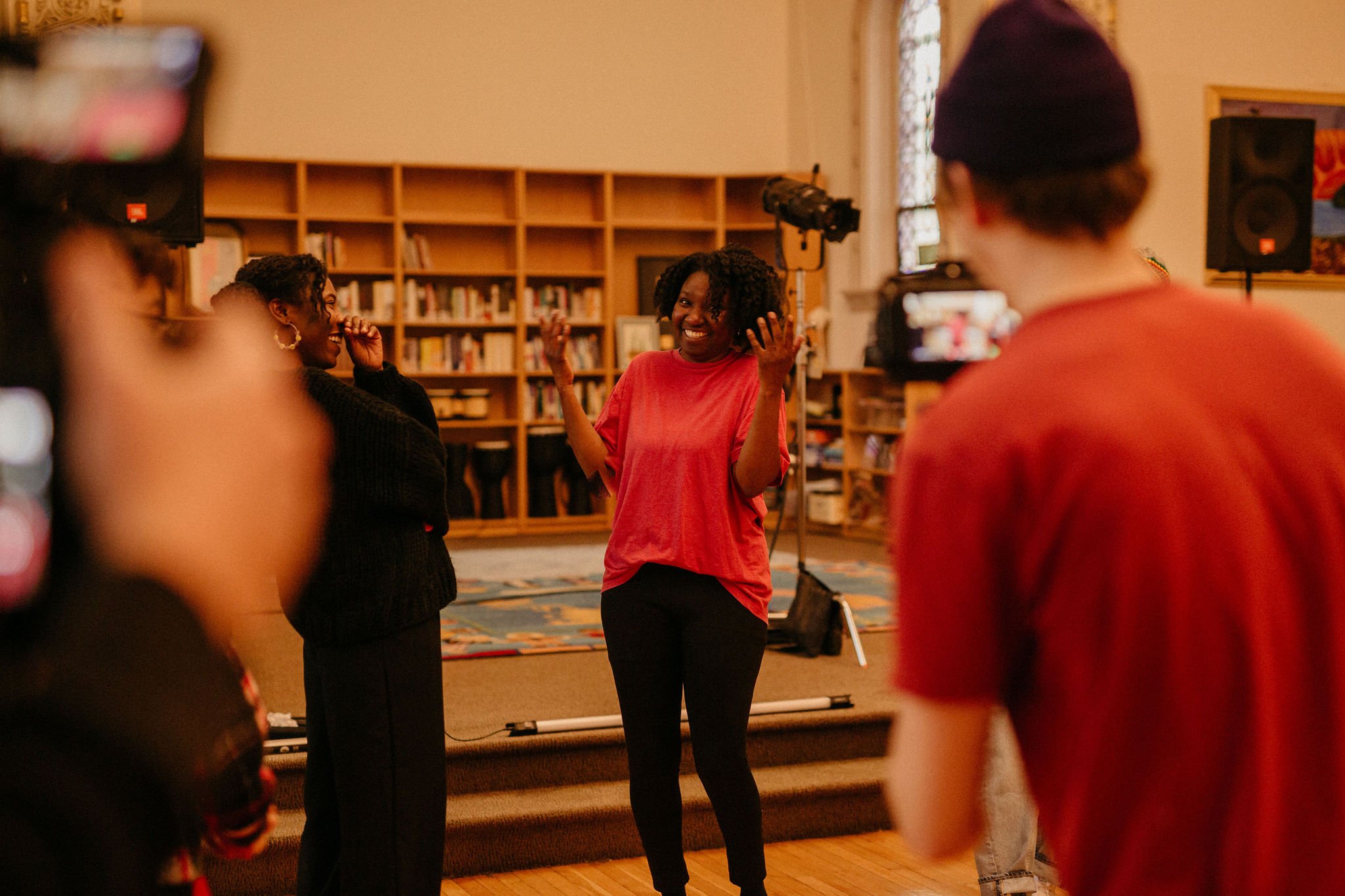
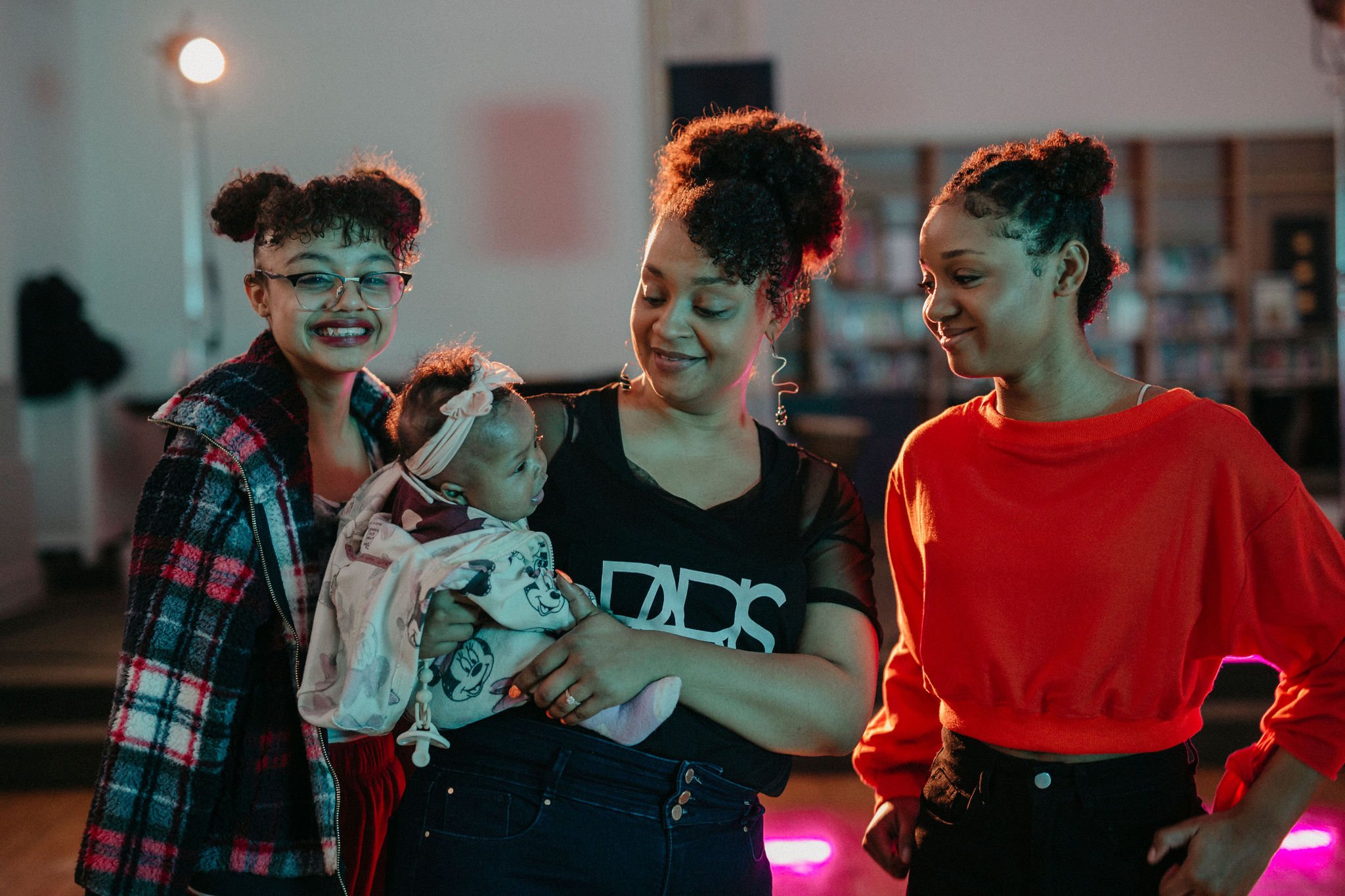

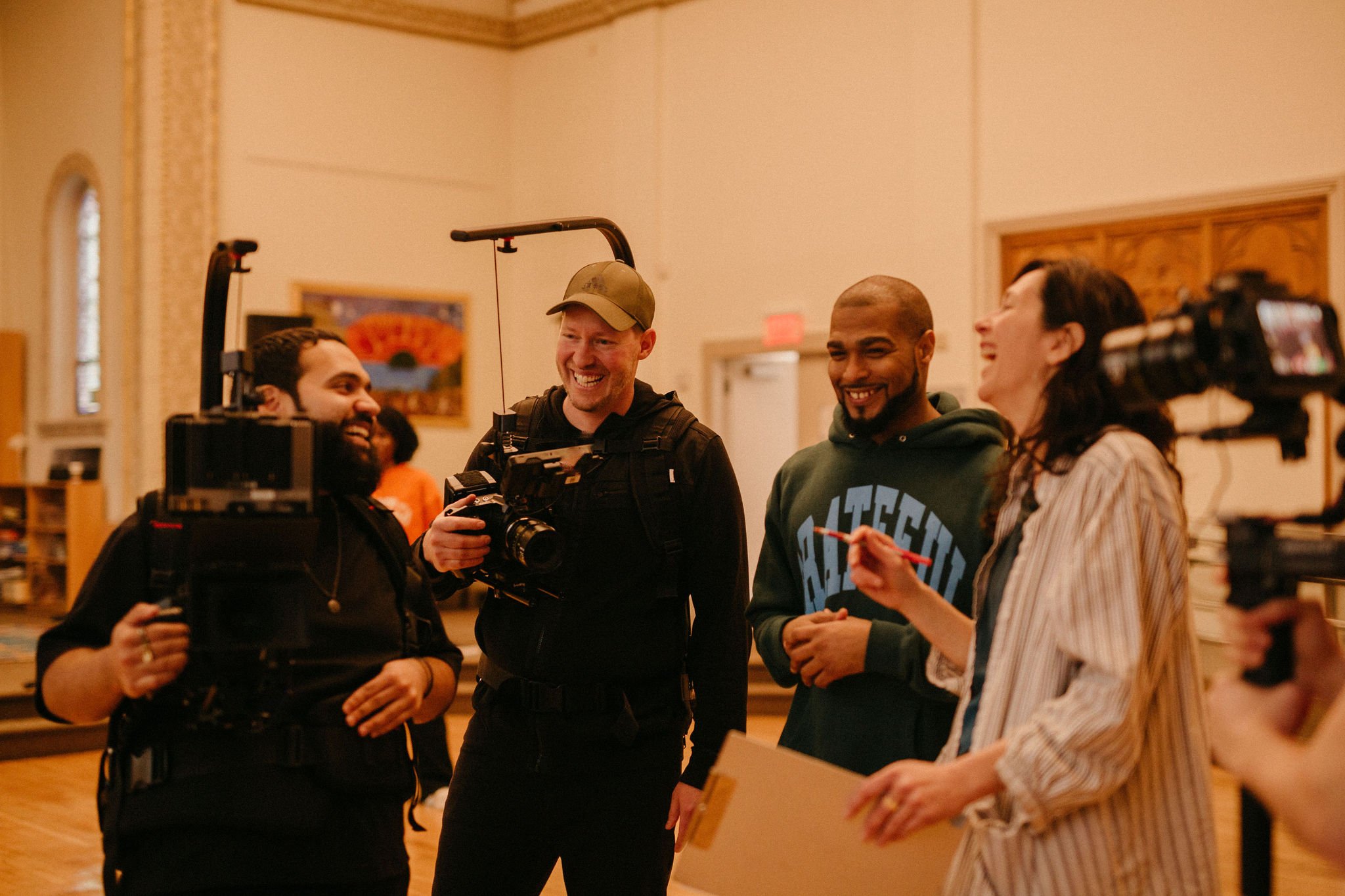
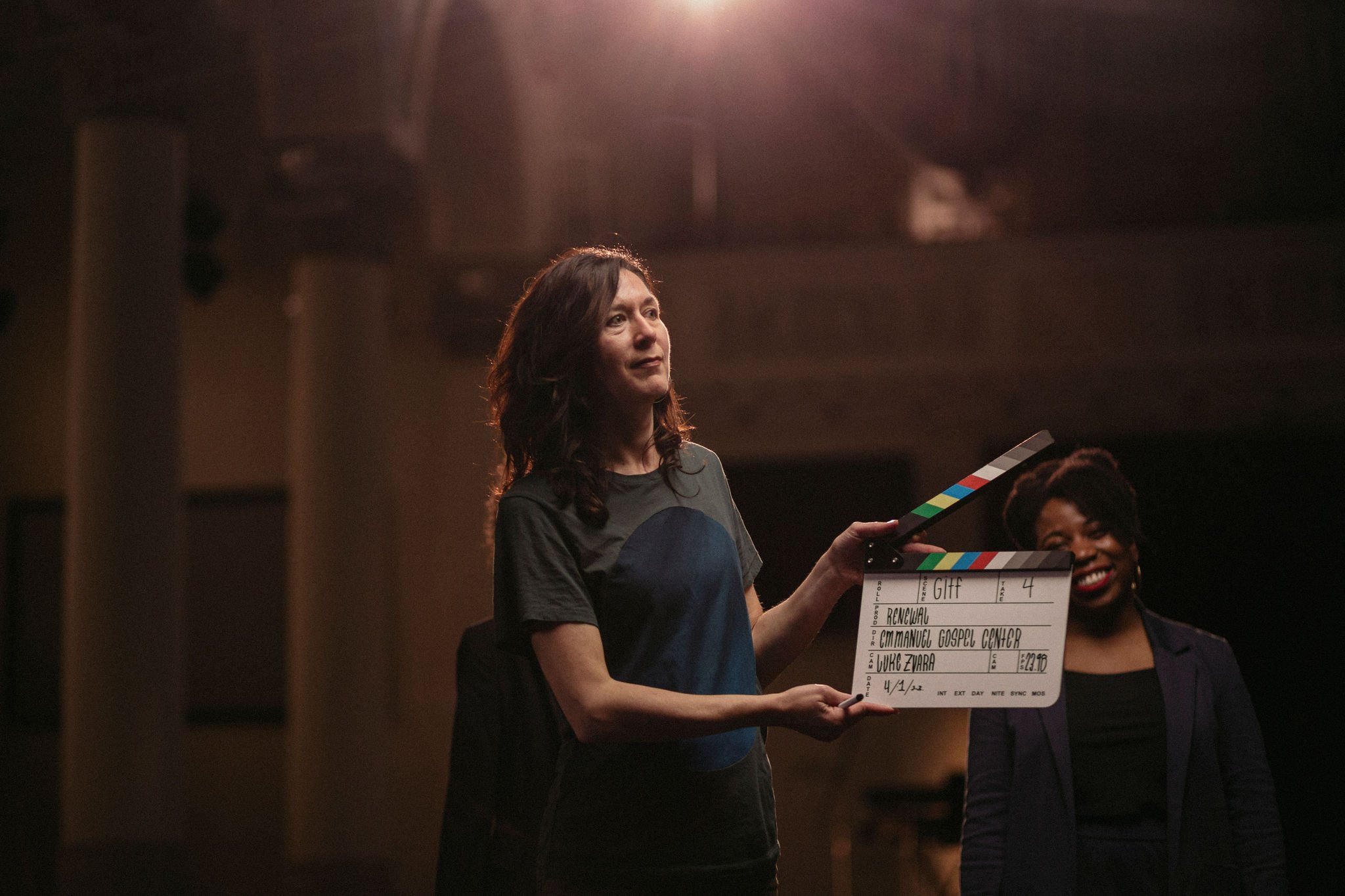
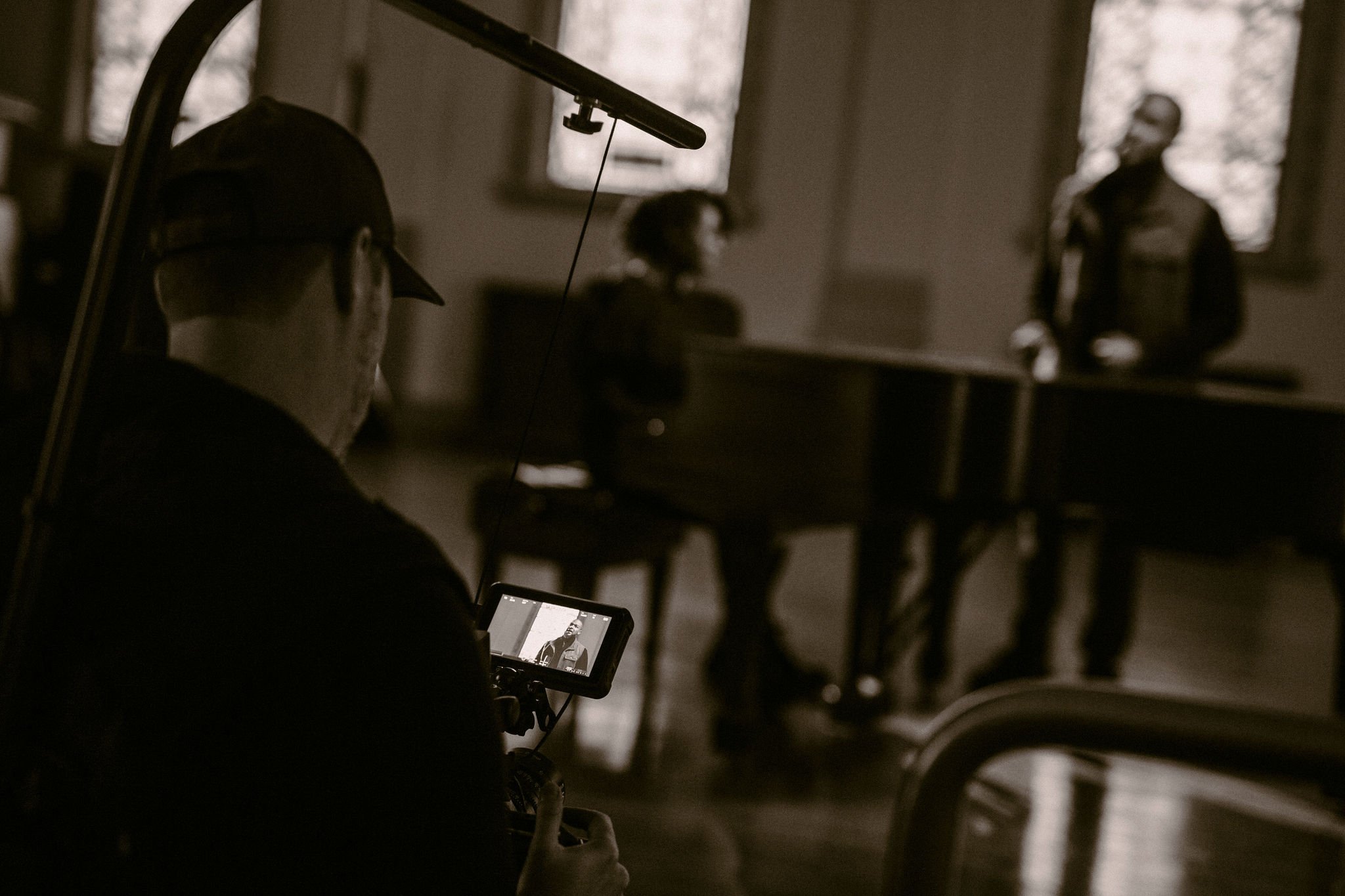

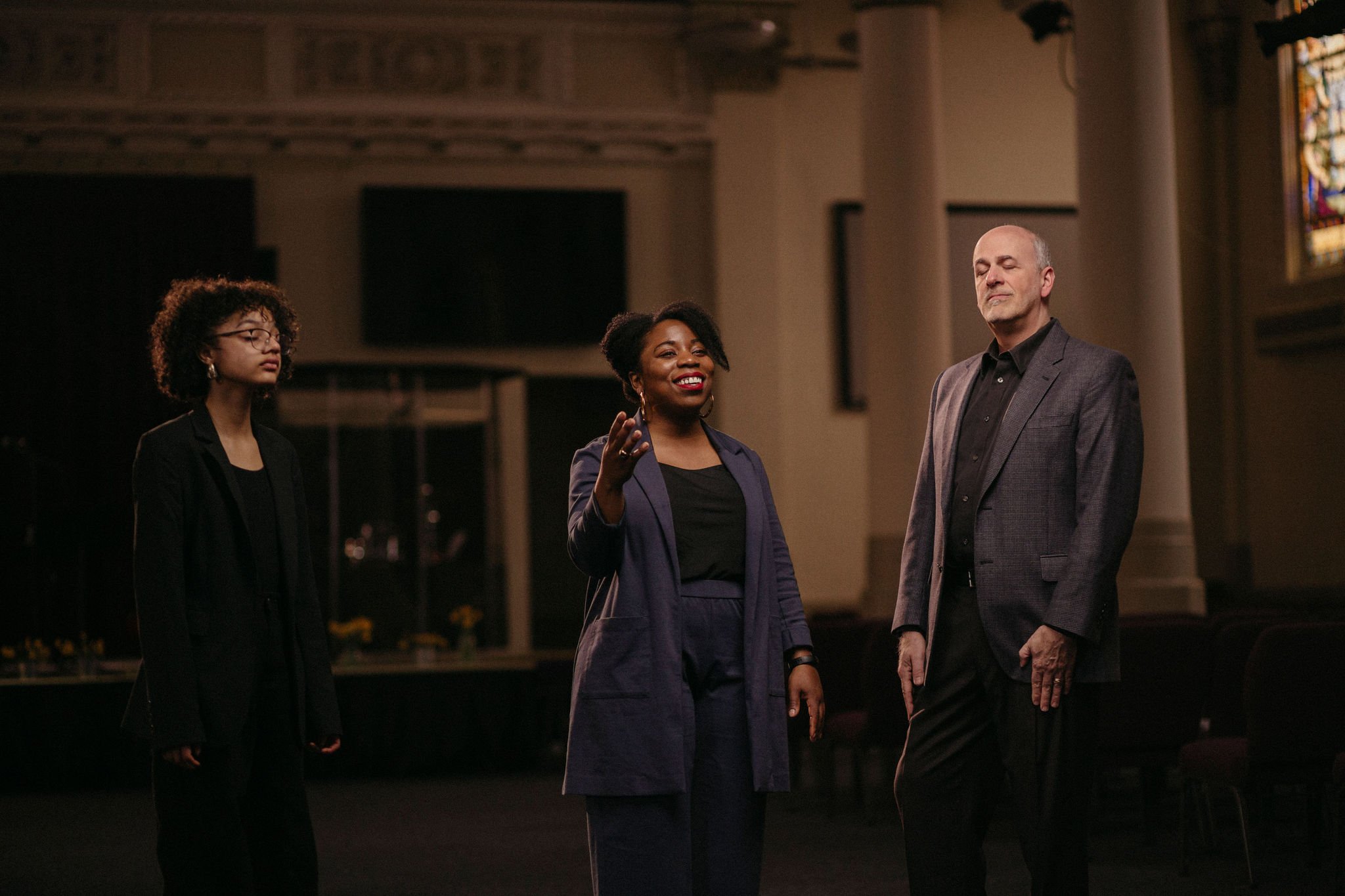
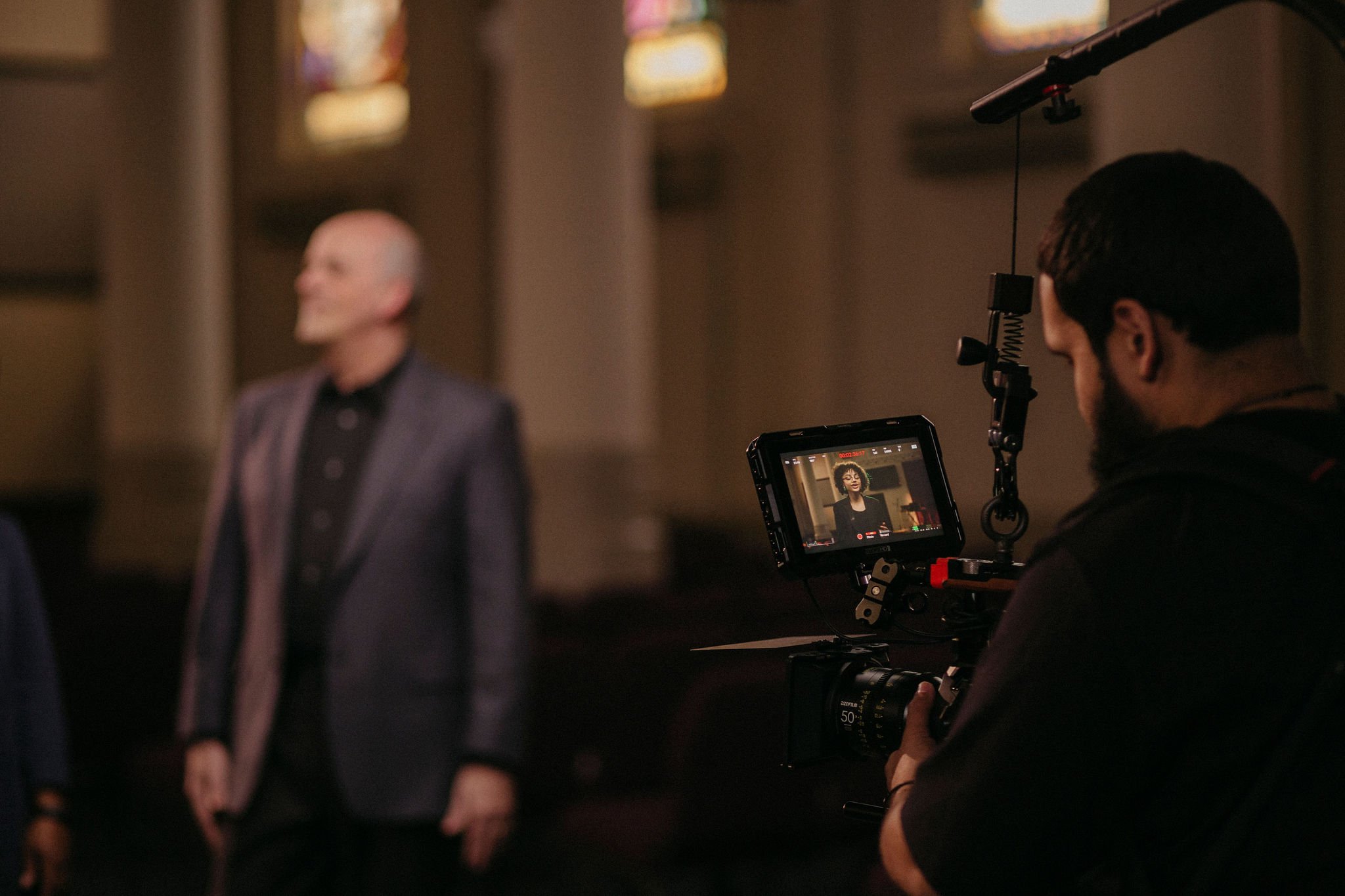



Individual Christians can also think creatively about their tithing and giving. Mike Mack is confident that there are believers in the area who want to “make sure that New England’s a hub for artistry” and that Christian creatives have the tools and access they need to thrive.
“Somebody out there has that heart, but they've probably been told that the only way that you can give is to give it directly into the Church,” he said.
Being open to think creatively when it comes to finances is an opportunity to walk in step with the Spirit and partner with what God is doing on the ground.
“Are you listening to the voice of God? Do you ever wake up in the morning and say, ‘What does my city need? What do I gotta do?’” Mike Mack said. “Do you ever see somebody who's a creative and just think to yourself, ‘Wow, this person could really use assistance. I believe in what they're doing — let me help them out’?”
Creative with space
Boston is not kind to Christian artists and creatives looking for event space. They can have a tough time finding venues that will meet their needs at an affordable rate.
Many churches have significant real estate footprints with resources that could be used to support the work of creatives. Stewarding those resources well has kingdom implications.
Mike Mack said that along with everyone else, church leaders will one day have to give an account for what they received and what they did with it — “especially the stuff that we prayed for.”
“You look around and it’s like, what resources is the church sitting on? What young, up-and-coming rapper is actually the greatest preacher in your church, and you’re just not utilizing him because you don’t like the way that he does it?”
“‘Lord, I need this, please give me this.’ And he's like: ‘You just want it for yourself, you wicked servant. You just want it so you can hoard it. Why should I give it to you?’” Mike Mack said. “Somebody's praying for their building fund right now — got money coming in from everywhere — and have no plans of using it for the people who gave to it.”
Churches can use their spaces to host concerts, exhibits, and other artistic events. They can work collaboratively with creatives to further the kingdom in their local communities with the use of their building space.
Creative with staff
Beyond physical assets and resources, churches can build out their ministry staff with Christian creatives who feel called to serve in the church.
“Put the creatives in your church on staff. Pay for their position,” Pastor Val said. “Put people on staff so that they're actually able to do what they need to do and also support the life that they need to live.”
Bringing creatives on staff may not come intuitively to some church leaders. It may mean interrogating our ideas of what a church staffer looks like.
“You look around and it's like, what resources is the church sitting on?” Mike Mack said. “What young, up-and-coming rapper is actually the greatest preacher in your church, and you're just not utilizing him because you don't like the way that he does it?”
“Church” may not look exactly the same anymore. Christian creatives may have interests that don’t naturally align with the way many churches usually approach the arts. They might not play a musical instrument or want to lead the children’s Christmas play.
“It’s glorifying God just in a different approach. I think once people can realize that, they’ll definitely leave more space for more opportunity for creatives like myself and others.”
“We have to start — and I'm hoping even at my church — making room for the ministries — no matter how unique they are — so that this is a place where they can flourish,” Pastor Val said. “This is a place where we will financially invest in that ministry just like we're going to invest in the summer camp, the food pantry, the marriage retreat.”
Pastor Val said church leaders should recognize that creatives are also theologians. They should invite creatives to look for ways they can visually bring to life what is being taught or preached from the pulpit.
“One of my dreams is that someone would do a dramatic piece of the encounter between Jesus and Satan in the desert, where they have this word battle, and Jesus literally drops the mic at the end. It is done. It's a wrap,” she said. “It's so dramatic. This interaction between Jesus and Satan is intense, it's high stakes. And I'm like, why hasn't this been made into a dramatic piece yet?”
Creatives like Acevdeo are confident churches can make use of them and support them at the same time. He encourages creatives to be plugged into a local church community, rooted and grounded in Christ alone. He believes this spiritual vitality will help shift hearts and minds within congregations to make room for artists with unique gifts who relate in different ways.
“It's glorifying God just in a different approach,” Armani said. “I think once people can realize that, they'll definitely leave more space for more opportunity for creatives like myself and others.”
WATCH: Church & Creatives
Have you ever experienced music or art that has helped you feel closer and more connected to God? For many people, creativity and artistic expression have become an important part of their faith. The Emmanuel Gospel Center connected with Christian creatives and pastors to learn from them how churches can support and equip the artists sitting in the pews. Watch this video that dives into this world of faith and creativity while highlighting opportunities for support and collaboration.
Why I Love CUME
After almost 50 years of providing theological education to urban ministry practitioners, CUME’s vision and mission are still being turned into a beautiful reality each semester.
Why I Love CUME
by Jeff Bass, Executive Director
On January 21, I attended the opening convocation day at Gordon-Conwell Theological Seminary’s Boston campus, more commonly known as CUME, or the Campus for Urban Ministerial Education. I am an adjunct professor at CUME, and each spring, I teach one of their core urban ministry courses, Living Systems in the Urban Context.
Attending the convocation is one of the obligations of teaching at CUME. But even though I went out of duty, it didn’t take long to reconnect with my sense of why CUME is so important and to remember why I make teaching there one of my priorities. Throughout the day, I was reminded why I love CUME, and I went home with a renewed appreciation for and commitment to CUME’s vital ministry in urban Boston.
I love CUME because it is a genuinely diverse expression of the church in Boston. The Bible is clear that we are heading for a multiethnic reality, with people “from every nation, tribe, people and language” standing before the throne (Rev. 7:9). The CUME community is the best representation of this that I have experienced. The room has no majority and is a glorious mix of Black, white, Asian, and Latino; men and women; people from different countries and backgrounds; and a range of ages from young adults to seniors. It’s a joy to worship, pray, interact, teach, and learn in this beautiful expression of the kingdom of God in Boston.
Jeff Bass teaching a class in the Living Systems in the Urban Context course in Spring 2023. Emmanuel Gospel Center.
I love CUME because of the passion and commitment of the students. The vast majority of CUME students have jobs as well as active ministries. In one small group session, we heard from a student who has a full-time job, is a senior pastor and a grandfather, and is, of course, taking classes at CUME. His energy for his life and learning was palpable, as was the energy from all the students I interacted with that day. It’s inspiring to be with so many people who expressively love the Lord, invest in their learning and growth, and put their faith into action in their whole lives.
I love CUME because of the real difference it makes in the lives and ministries of its students and graduates. CUME students are urban ministry practitioners. They are not there just for academics but also to deepen their knowledge and practical skill sets so they can engage in effective ministry now and in the future. While I was eating my lunch, a student came over and spoke to me for five minutes about how he is applying what he learned in my systems class and how it is positively impacting his ministry. CUME undergirds the active ministries of its students with theological understanding and tools for practical ministry, and it is fun to see the enormous impact this has had across the church in urban Boston over decades.
“CUME undergirds the active ministries of its students with theological understanding and tools for practical ministry, and it is fun to see the enormous impact this has had across the church in urban Boston over decades.”
I love CUME because of its strong and dedicated leadership. I’ve known CUME’s dean, the Rev. Dr. Virginia Ward, for many years now. She is a gifted and passionate leader who is building a solid team around her. The feeling at the convocation that day was one of confident team leadership, with all the parts working together to create an excellent experience for the students. Despite its many challenges, CUME is well led and is moving forward with strength and competence.
I love CUME because its mission is critical to the health of the church in urban Boston. CUME’s mission dovetails beautifully with EGC’s mission, and this dovetail is intentional. CUME was founded in the 1970s to provide theological education to urban ministry practitioners. At the same time, EGC was re-envisioned as a center for applied research and ministry development, all in the service of Christian leaders. As we approach the 50th anniversary of CUME’s founding, I love seeing CUME’s vision and mission still being turned into a beautiful reality each semester as we continue to work together to strengthen Christian leaders and seek the peace and prosperity of this city to which we have been called.
Snapshot of CUME
Gordon-Conwell Theological Seminary—Boston
Campus for Urban Ministerial Education (CUME)
1976
CUME was founded in September 1976 at Twelfth Baptist Church in Roxbury, Massachusetts.
Student Body*
For the 2021 to 2022 academic year, total enrollment at CUME stood at 138 students, including 86 men and 52 women. 72% of the enrolled students are ethnic minorities, not including international students. The students represent 28 denominations and come from 19 different countries. Like other theological schools, CUME’s enrollment has been negatively impacted by the COVID pandemic.
African American: 46 students (33%)
Asian: 25 students (18%)
Hispanic or Latino: 26 students (19%)
White: 12 students (9%)
Two or more races: 2 students (1%)
Unknown/Unavailable: 19 students (14%)
International Students: 8 students (6%)
Faculty
CUME has two full-time and 14 adjunct professors.
African American: 10 (63%)
Asian: 1 (6%)
Hispanic or Latino: 1 (6%)
White: 4 (25%)
Certificate and Degree Programs
Urban Ministry Graduate Certificate
MA in Christian Ministries
Master of Divinity, including the Urban Ministry Track
Languages
Classes are taught in English as well as some in Spanish and Portuguese.
*The data is based on Gordon-Conwell Theological Seminary’s ATS Enrollment Reports for Fall 2021. The numbers are based on fall census data from September 27, 2021, and not on full-year totals.
Mutual learning is helping Black churches thrive
Two church leaders participating in the BBCVP’s Thriving Initiative shared their strategies for serving the community and keeping their congregants safe from COVID during worship services.
Pastor Jean Louis of Free Pentecostal Church of God and Pastor Bisi Asere of Apostolic Church LAWNA meet for the first time in person after participating in online meetings for half a year. Rosa Cabán with R9 Foto for The Emmanuel Gospel Center
Mutual learning is helping Black churches thrive
Black Church leaders reflect on God’s work in Boston.
By Hanno van der Bijl, Managing Editor, Applied Research & Consulting
“I see God bringing people together, having conversations that are important that we haven’t had. We’re being more open with one another and more transparent about ways that we can partner and collaborate.”
That sentiment expressed by Gina Benjamin was echoed by others reflecting on God’s work in Boston at a recent meeting for the Boston Black Church Vitality Project.
Benjamin, social services director of the community center at Mount of Olives Evangelical Baptist Church in Hyde Park, is part of the project’s Thriving Initiative, a cohort of 10 ethnically and denominationally diverse Black churches that are located in four predominantly Black neighborhoods in the city.
Members of these churches participating in the cohort said God is using the pandemic and other challenges not only to unify and strengthen the Church, but also to create opportunities for compassion and evangelism.
The cohort meets together for two hours every other month for fellowship, peer learning, skills-based workshops and group training, and discussions about opportunities for collaborative ministry. During a meeting earlier this year, two church leaders shared their strategies for serving the community and keeping their congregants safe from COVID during worship services.
Caring for the community
At the onset of the pandemic, Fania Alvarez, who heads up The Greater Boston Nazarene Compassion Center (GBNCC), said the leadership team decided they could not stop. But they knew they would have to do things differently.
The GBNCC runs a food pantry that distributes more than 7,000 pounds of food to families in need every week. When COVID hit, people started lining up hours earlier than usual with little social distancing.
The GBNCC decided to open up a couple of hours earlier to accommodate the crowd.
“It was really challenging, but God was in the midst of it,” Alvarez said.
Launched by the Haitian Church of the Nazarene — Friends of the Humble almost 30 years ago, the GBNCC serves low-income families and individuals who have limited access to services and resources in the community.
In addition to the food pantry, the ministry runs a safety-net program, assisting people with government programs such as SNAP and WIC. The GBNCC also provides English language literacy and workforce development classes.
Once the vaccines became available, the ministry served as a vaccination clinic. The shots were a godsend, but some people were hesitant, Alvarez said.
“We had to find strategies to work with them. We had to go out and convince and educate them on the vaccine,” she said. “It wasn’t an easy time, but we made it. We can say we made it.”
Churches that want to develop a social ministry of their own need a dedicated leader who is able to manage programs and secure resources from donors and charitable organizations.
“Pray to the Lord so you can find somebody that has the heart for it,” Alvarez said.





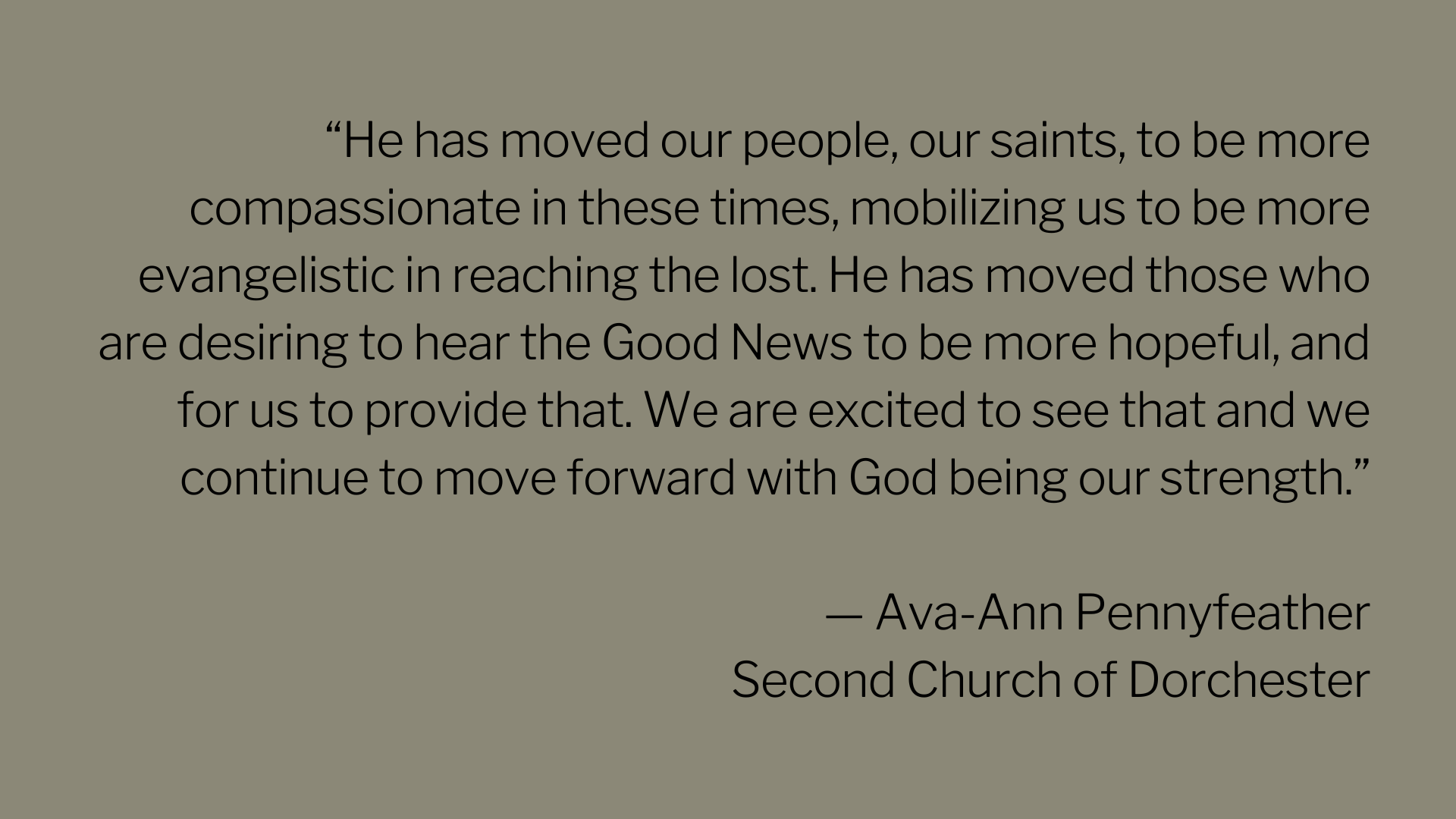






In a meeting earlier this year cohort participants were asked: “What do you see God doing in the city?” Here’s what they said.
Managing churcH through pandemic
In 2017, the Rev. Kenneth Sims at New Hope Baptist Church started bringing bank machines into the church services.
“Some of our real spiritual-deep folk thought that I lost my mind bringing a machine to receive tithes and offerings,” Rev. Sims said. “But that was the biggest aspect of our giving.”
He also felt compelled Sunday after Sunday to tell his congregants to get a smartphone.
“It didn’t really seem spiritual at the time,” he said. “The church eventually caught on. Every Sunday — especially the seniors — would flash their smartphones and say, ‘Reverend Sims, I have a smartphone. I don’t know how to use it but I have one.’”
Then the pandemic hit. No collection plates were passed around to receive contributions. All in-person services stopped.
“I just thank God … because we weren’t scrambling,” Rev. Sims said. “That taught me one thing: to really listen to the voice of God even when it’s in opposition to what many people are thinking. Listen to God because he knows the future.”
Rev. Sims met with nurses in the church to chart a way forward. An executive committee made up of four teams was formed to oversee the church’s response to COVID.
“We knew we were coming back to church,” he said. “We didn’t know when, so we started planning so that we’d be prepared.”
A security team oversees registration, traffic, and parking. A health-and-hygiene team handles pre-screening, including handwashing, mask-wearing, and seating. A social distancing and redesign team handles seat spacing and equipment. A cleaning and disinfecting team cleans the bathrooms after each use.
Rev. Sims said members of the congregation took ownership of the various teams and made a difference.
“It got the people involved, and it wasn’t all about me. I’ve been trying for the last few years to get away from that — to stay in my role, of course, overseeing — but not having to do it directly,” he said. “People have been empowered, and they have taken off. I don’t get in their way.”
After a five-month hiatus, the church resumed in-person worship services in August 2020. Rev. Sims said the church continues to practice the safety measures it put in place.
“Our main concern was that our people remained safe,” he said.
The executive team spent many hours meeting, praying, discussing, and researching their options to balance out the physical and spiritual needs of the congregation.
“I did not believe that New Hope could survive spiritually being away from the church gathering from March 2020 to now,” Rev. Sims said. “I could not see that.”
While some members have come down with the virus, Rev. Sims said it was not due to their worship services as far as they know.
“We have not had any kind of super-spreader situations going on at New Hope since we’ve returned,” he said. “That’s been a tremendous blessing for us.”
With even more tools at their disposal than they had at the beginning of the pandemic, Rev. Sims is confident the church can keep moving forward.
“I’m just of the impression that, yes, let’s do all that we can to be safe: let’s do everything that we can, and then we’re leaving the rest up to the Lord,” he said. “What I can’t control, what I can’t power over, I leave that to the Lord.”
TAKE ACTION
The Thriving Initiative is a three-year process rooted in learning, discerning, and doing ministry. Participating churches are examining their mission and values in light of shifting social and cultural landscapes in Boston.
By deploying tools such as interview guides, congregant surveys, and ministry inventories that BBCVP designed to support churches in understanding the needs and perspectives of congregant and community stakeholders, the cohort leads in a learning endeavor that seeks to model the work of reflection that is essential in order for the Church to remain relevant and vital.
Through online articles, reports on what is being learned, videos, and data visualization, the Boston Black Church Vitality Project project will share these stories of innovation, successful strategies, and effective use of leverage points that exemplify models of prophetic leadership, community care, spiritual formation, and the pursuit of justice.
The Thriving Initiative is generously funded by the Lilly Endowment with additional support from Boston Baptist Social Union and others. For more information, visit blackchurchvitality.com.
Would you be willing...?
A simple question changed the trajectory of a young college student’s life in the late 1970s. “Would you be willing to go to the city?” Jeff Bass, EGC’s executive director, reflects on how the Holy Spirit used that question to prompt other questions that continue to shape God’s call on his life.
Would you be willing...?
by Jeff Bass, Executive Director
Editor’s Note: In this opinion piece, Emmanuel Gospel Center’s executive director, Jeff Bass, shares how his life took an unexpected turn from the suburbs to the city. His story is one of the many ways God calls different people — from those down the street to others around the globe — to embrace the call to join him in his “divine mission for redemption.”
There I was. Alone in a room with the Rev. Dr. Michael Haynes. He looked me straight in the eye and said, “Would you be willing to go to the city?”
But I wasn’t really alone. I was among thousands of other college students that Dr. Haynes, the senior minister of Boston’s historic Twelfth Baptist Church and former pastor of Martin Luther King Jr., was addressing at Urbana ’79, just south of Chicago. That question has led to other “Would you be willing” questions over the decades, each one shaping God’s call on my life.
Urbana is InterVarsity Christian Fellowship’s famous missions conference, but I really had no interest in being a missionary. My college roommate and I had asked the English theologian John Stott a question when he spoke at Princeton a few months back, and Dr. Stott invited us to discuss it more over breakfast if we would come to Urbana in December. In retrospect, I think he was keener on getting us to Urbana than he was truly interested in our question. Be that as it may, after Christmas with my family in the suburbs of Cleveland, I drove to Urbana to have breakfast with Dr. Stott and attend the conference.
Jeff Bass as a young college student around 1979. Emmanuel Gospel Center.
It turned out that Urbana ’79 was an amazing experience. Forty-plus years later, I remember Luis Palau’s dynamic speaking, the energetic worship, the challenging small-group conversations, and a very well-orchestrated communion service with 17,000 participants. I don’t remember Billy Graham speaking, though I see he was on the agenda. I do remember that Dr. Stott’s devotions on Romans each morning were the best Bible teaching I’ve ever heard, and I remember that it was cool to have breakfast with one of the greatest theologians and Christian leaders of our time — though I don’t remember gaining much ground on our question.
What I remember most was Dr. Haynes’ passionate speech about the importance of God’s work in the city. I remember him saying at the end of his talk, “Some of you will be called to the city.” Thanks to the wonders of the internet, I just discovered that what he really ended with was:
“God this day may be directly calling you to personally covenant with him in a partnership to fulfill the most exciting yet demanding and critical mission of the Church of Jesus Christ in this new age and in the decade of the 1980s — right in center city, urban America, USA.
Brothers and sisters in Jesus Christ, our Lord is waiting for you to walk and work the city streets of this world with him in a divine mission for redemption. Would you be willing to go to the city?”
I can’t explain it, but it really did feel for a minute like Dr. Haynes was talking just to me — like I was alone with him in that big hall, and the Holy Spirit was asking me: Would you be willing to go to the city? And somehow, I knew at that moment I was being called to the city.
“I can’t explain it, but it really did feel for a minute like Dr. Haynes was talking just to me — like I was alone with him in that big hall, and the Holy Spirit was asking me: Would you be willing to go to the city?”
Of course, I had no idea what that meant. It would not have been any stranger to me if Dr. Haynes had said, “Would you be willing to go to the farm?” I really had no connection with the city, and no real interest in the city either. I grew up in the burbs and was happy there. I picked Princeton over MIT in part because of its bucolic campus. I was studying environmental engineering and thought I would be headed to the woods someday.
But God had other plans. Not only was he calling me to the city, he was calling me to Dr. Haynes’ city. In the summer of 1981, I graduated from college, got married, moved to Watertown just outside of Boston, and started a new job as a hazardous waste management consultant at Arthur D. Little in Cambridge. And so began a journey to develop what so many others have had all along, a sincere love and appreciation for urban communities and urban people in general, and a passion for Boston in particular.
My wife, Ellen, and I did our best to get to know urban Boston. We joined an urban church — Ruggles Baptist on the border of Boston and Brookline. (It seemed pretty urban to us at the time.) We found a little ministry in the Yellow Pages (yes, this was pre-Google) called Christians for Urban Justice and started volunteering with them.
Through Ruggles, we met other people who cared about the city, and eventually, ten of us moved together to Boston’s Mission Hill neighborhood, building homes on land no one wanted. And through Christians for Urban Justice, Ellen and I met folks at the Emmanuel Gospel Center, including Doug and Judy Hall. I took their inner-city ministry course in 1988 and got my first introduction to systems thinking in Christian ministry. Around that time Doug, EGC’s executive director, asked me to join the organization’s board. From there, Rev. Bruce Wall, EGC’s board chair and a spiritual son of Dr. Haynes, encouraged me to join the staff in 1990, and I replaced Doug as executive director in 1999.
My life took a turn in December of 1979. An opportunity to have breakfast with a Christian leader I admired turned into an apparently clear word from the Holy Spirit, which led to a whole series of “Would you be willings”: Would you be willing to come to the city? … to move to Mission Hill? … to raise your family here and send your kids to Boston Public Schools? … to learn from the richness of people often labeled as “poor”? … to become friends with, work with, and work under people who are very different from you?
These “Would you be willings” challenged my faith, caused me to take risks and to grow, and led me to make choices in my life to follow through on what the Lord was calling me to.
More lately, the “Would you be willings” have been: Would you be willing to lament? … to find the courage to speak up even when it’s challenging or costly? … to repent of your arrogance and grow in humility? … to see things from other perspectives? … to give up power to empower others? … to learn to serve in new ways?
The journey has been — and continues to be — challenging, fulfilling, and often unexpected.
I want to continue to be willing…
TAKE ACTION
Since Dr. Haynes spoke to the young crowd at Urbana in the late 1970s, urban ministry has become even more crucial to the mission of the Church of Jesus Christ as more and more people migrate to the world’s cities. A lot has changed since then, and I wonder what challenges Dr. Haynes would have for us today.
I am clear that the Holy Spirit often challenges us with “Would you be willing...?” to invite us to cooperate with what God is doing around us. What “Would you be willings” is the Lord asking of you?
Would you be willing to embrace the new opportunities God has created for the church through the COVID pandemic?
Would you be willing to fight racism and injustice in your settings, even if it is personally costly to you?
Would you be willing to listen to “the other side”?
Would you be willing to follow instead of lead if leading has been your norm?
Would you be willing to take the risk to follow God in a new way in this challenging season?
Jeff Bass joined the staff of EGC in 1991, and was named executive director in 1999. A graduate of Princeton University (civil engineering major), Jeff first worked as a consultant for Arthur D. Little, Inc., but left in 1987 to become the business manager of a local church, where he learned first-hand about the inner workings of an urban congregation. In 2014, Jeff was granted an honorary Doctor of Divinity degree from Gordon College. Jeff is an avid tennis and paddle tennis player. He and his wife, Ellen, have two adult children and two amazing grandchildren.
Nurturing Black Church vitality
The Boston Black Church Vitality Project (BBCVP) at the Emmanuel Gospel Center is kicking off its Thriving Initiative with a cohort of ethnically and denominationally diverse Black churches that are located in four predominantly Black neighborhoods in the city.
Nurturing Black Church vitality
Black churches in Boston embark on long-term learning initiative
by Hanno van der Bijl, Managing Editor, Applied Research & Consulting
The Boston Black Church Vitality Project (BBCVP) at the Emmanuel Gospel Center is kicking off its Thriving Initiative with a cohort of ethnically and denominationally diverse Black churches that are located in four predominantly Black neighborhoods in the city.
These past few years, churches have faced a compounded crisis without the most essential part of their legacy — the ability to gather, fellowship, pray and worship together. Many Black churches are still grappling with the challenges extended by prolonged closure.
The convening of a cohort committed to learning, growth, and collaboration during times when Christian community has become increasingly siloed due to the isolating effects of the pandemic is a testament to the resilience and dedication of Black pastors in the city.
The initiative is a three-year process rooted in learning, discerning, and doing ministry. Participating churches will examine their mission and values in light of shifting social and cultural landscapes in Boston.
“We’re not here to save anybody. We’re not here to fix anybody. We’re not here to tell anybody what to do, how to do it, and when to do it. That’s not the goal,” said Dr. Emmett G. Price III, CEO of the Black Christian Experience Resource Center and Dean of Africana Studies at Berklee College of Music. “The goal is to bring folks together, who are already doing the work in powerful and meaningful ways, so that you can share best practices with each other.”
“The goal is to bring folks together, who are already doing the work in powerful and meaningful ways, so that you can share best practices with each other.”
By deploying tools such as interview guides, congregant surveys, and ministry inventories that BBCVP designed to support churches in understanding the needs and perspectives of congregant and community stakeholders, the cohort will lead in a learning endeavor that seeks to model the work of reflection that is essential in order for the Church to remain relevant and vital.
“Nobody really wants to talk about what happens on the ground in Boston, because Boston doesn’t fit into the phenotype of the quote-unquote Black Church in the nation — you know that better than anybody else,” Dr. Price said, addressing cohort participants. “So, here’s our opportunity to come together and talk about what vitality and thriving looks like, and not to wait for other people to come tell us about ourselves.”
Through online articles, reports on what is being learned, videos, and data visualization, the BBCVP project will share these stories of innovation, successful strategies, and effective use of leverage points that exemplify models of prophetic leadership, community care, spiritual formation, and the pursuit of justice.
“For us to prepare as the Black Church — broadly defined, narrowly defined — we need data. We can’t just keep doing things on a wing and a prayer,” said Rev. David Wright, executive director of BMA Tenpoint. “We want to gather hard data so that we can assess what’s happening and then begin to prayerfully make plans so that we can prepare for the future.”
“We want to gather hard data so that we can assess what’s happening and then begin to prayerfully make plans so that we can prepare for the future.”
The cohort is made up of a diverse group of church leaders that includes Black Americans, Haitians, Nigerians, and St. Lucians. And the diverse list of churches represents historic neighborhoods in the city, including Dorchester, Hyde Park, Mattapan, and Roxbury.
“We understand that the Black Church is not monolithic,” said Jaronzie Harris, program manager at the BBCVP. “So, I’m excited to hear what kinds of conversations are coming out of that exchange, what we have to learn from each other, what we have to share with each other.”
“I’m excited to hear what kinds of conversations are coming out of that exchange, what we have to learn from each other, what we have to share with each other.”
During the first cohort meeting, pastors and church leaders shared their excitement about the project as well as the places they’re already witnessing vitality.
Mount of Olives Evangelical Baptist Church is addressing food insecurity and digital literacy as well as providing community education on COVID-19 and distribution of personal protective equipment, said Rev. Dr. Joel Piton, senior pastor of the Hyde Park church.
Twelfth Baptist Church in Roxbury is also focused on communal care with peace walks, a preschool and after-school program, as well as a food pantry and vaccination center. In addition, the church provided financial resources for families negatively impacted by the lengthy U.S. federal government shutdown in late 2018 and early 2019.
“What’s deep in my heart is the proactivity of the gospel,” said Rev. Willie Bodrick II, senior pastor at Twelfth Baptist Church. “I think it is the framework in which Jesus presents to us how we should manifest our words and the words of ministry into the actions of people’s lives.”
“What’s deep in my heart is the proactivity of the gospel. I think it is the framework in which Jesus presents to us how we should manifest our words and the words of ministry into the actions of people’s lives.”
TAKE ACTION
The Thriving Initiative is generously funded by the Lilly Endowment. For more information, visit blackchurchvitality.com.
Resources for Christians Navigating Political & Theological Divides
We live in polarizing times—but we’re not the first. Prof. Dean Borgman recommends resources with time-tested kingdom principles about how to engage with others in political matters.
Resources for Christians Navigating Political & Theological Divides
Compiled by Andrew Tsou and Dean Borgman
We live in polarizing times—but we’re not the first. Many time-tested kingdom principles about how to engage with others in political matters are already recorded in insightful Christian books and resources.
““Moving out to do something has to have a deeply spiritual basis.” - Professor Dean Borgman”
On November 9, 2018, the Emmanuel Gospel Center held its first Long View Session—a new series of gatherings where seasoned, visionary ministry thinkers discuss matters crucial to the future of urban ministry and Christian engagement in society. At the inaugural session, Professor Dean Borgman discussed Christians’ call to engage in political conversation amidst explosive and frayed emotions in our nation, state, and communities, and he offered tips and resources to light the way.
Long View Session participants also had the opportunity to share ways that they’re already engaging—well, poorly, or not at all—with friends and family on issues of political relevance.
“Moving out to do something has to have a deeply spiritual basis,” Prof. Borgman cautioned. For biblical principles on how to engage well about politically-charged issues when talking to friends, family, and people on the other side of political divides, check out Dean’s recommended resources below.
Suggested Resources
The New York Times, September 29, 2018
“What should the role of Christians in politics be? More people than ever are asking that question. Christians cannot pretend they can simply transcend politics…. Those who simply avoid all political discussions and engagement are essentially casting a vote for the status quo.” - Pastor Tim Keller
Evangelicals on Public Policy Issues: Sustaining a Respectful Political Conversation by Harold Heie (2014)
“…One of my primary proposals for a “Way Forward” beyond the debacle of current American Politics that emerged from my recent eCircle on “Reforming American Politics” is that politicians and their supporters need to ‘develop personal relationships of mutual understanding and trust by listening to and talking respectfully with those who disagree with them’. …To develop such a personal relationship is to become a friend.” - Harold Heie
The Politics of Jesus: Rediscovering the True Revolutionary Nature of Jesus’ Teachings and How They Have Been Corrupted by Obery Hendricks (2007)
Obery Hendricks is an ordained Elder in the African Methodist Episcopal Church, a former Wall Street Investment executive, and a scholar, professor, and author also of Living Water and The Universe Bends Toward Justice: Radical Reflections on the Bible, the Church, and the Body Politic (2011).
God's Politics: Why the Right Gets It Wrong and the Left Doesn't Get It by Jim Wallis (2006)
God’s Politics covers the taboos of talking about religion and politics, and how spiritual values impact international relations, economic justice, social issues, and social change.
The Politics of Jesus by James H. Yoder (1994)
“Tradition has painted a portrait of a Savior aloof from governmental concerns and whose teachings point to an apolitical life for his disciples…. Such a picture of Jesus is far from accurate,” argues John Howard Yoder.
Yoder gives us a picture of a political Jesus, and offers a polemic for Anabaptist pacifism.
Other Movements, Organizations & Resources
Civilitas, Doug Birdsall
Civilitas represents a foundational commitment to strengthen the influence of the Bible and the role of the Church as a means of bringing healing and cohesion to our fragmenting society.
Civil conversations will work to change the tone of our society by supplanting vitriolic public discourse with respectful listening, constructive exchange, and positive partnerships.
Revive Civility, from the National Institute for Civil Discourse: To Restore and Call for Civility in our Democracy
Integrated research, practice and policy to support and engage:
Elected officials who are capable of working to solve the big issues facing our country.
A public that demands civil discourse as well as government that works in the best interests of the country as a whole.
A media that informs citizens in a fair and responsible way.
Citizen Engagement and Civil Discourse Resources
National Conference of State Legislatures (NCSL) is committed to the success of all legislators and staff. Its mission is to:
Improve the quality and effectiveness of state legislatures.
Promote policy innovation and communication among state legislatures.
Ensure state legislatures a strong, cohesive voice in the federal system.
Where to Plant a Church in Boston: Areas of Growth
Want to know where to plant a church in Boston? You might consider Boston’s newest or soon-to-be-built residential growth sites. We’ll take a look at eight neighborhoods where growth is—or soon will be—taking place, based on public and private development plans.
Where to Plant a Church in Boston: Areas of Growth
by Rudy Mitchell and Steve Daman
Want to know where to plant a church in Boston? You might consider Boston’s newest or soon-to-be-built residential growth sites. New neighborhoods and new residents mean new opportunities for planting new churches.
Take a look at these eight neighborhoods of current or immanent growth, based on public and private development plans. Given the general population trends, these are priority areas for outreach and new churches.
Neighborhood change is ongoing. Boston’s new neighborhood development will not happen all at once. Some areas have residential developments in process or already completed, like the Seaport District, the South End, Jamaica Plain, and to some extent Allston-Brighton. Other areas, like South Boston and Charlestown, already have many new young professionals and some new housing, but much more will be built in the next five years. Other areas, specifically Suffolk Downs and the Beacon Yards part of Allston, will most likely take more than five more years to develop.
Your geographic and demographic focus. Of course, reaching into newer neighborhoods is not for everyone. Ministry leaders should prayerfully select their geographic focus and adapt their strategies to the types of residents they are called to serve. The church in the city can be adapted in countless ways, and church planters can reach and serve a diversity of current and newer residents because the Gospel is for all people. Congregations may—by their form, style, or language—be better equipped to reach specific groups of people with whom they can make the most impact.
Church planters seeking primarily to reach specific immigrant groups like Nigerians, Brazilians, or Vietnamese, for example, need to know where these nationalities are more concentrated. Churches seeking to serve college students need to find meeting space within walking distance of campuses or in reach of public transportation while being sensitive to the needs, concerns and culture of students. Leaders seeking to reach and serve Boston’s new population growth areas will need to take the time to understand the characteristics, cultures, work, and interests of the people who will be living there.
Here’s a look at eight of the bigger residential development areas across the city:
1. Seaport District by the Waterfront. While there are many new high-rise housing and office buildings being built here, there are very few churches in the area.
2. South End. The northeastern and eastern parts of the South End from the Ink Block to the Boston Medical Center between Albany and Washington Streets will soon have hundreds of new apartments and condos which are being planned and built. Will the South End churches be ready?
3. South Boston from Andrew Square to the Broadway MBTA stations. Although still in the future, “Plan: South Boston Dorchester Avenue” calls for 6,000 to 8,000 new housing units. DJ Properties is also building Washington Square, a mixed use development near Andrew Station with 656 residential units. The nearby Widett Circle and New Market/South Bay areas are also potential major development sites proposed by the City of Boston. Currently there are already many new housing units and new residents around Broadway and in South Boston generally. The neighborhood has few Protestant churches.
Nine-building Washington Square Development with 656 residential units approved and to be completed in the next four years.
4. Charlestown – Sullivan Square and other areas. The Sullivan Square area is one of the six main areas the City of Boston has proposed for major housing expansion. Meanwhile the 1,100 units of the Bunker Hill Housing Development will be totally redeveloped into 3,200 units of mixed housing. Charlestown has very few Protestant churches.
Bunker Hill Housing Development Plans
5. Allston Brighton – Beacon Yards. This is one of the six major areas proposed by the City for development into new expanded neighborhoods. The Boston Landing Campus of New Balance is an area with new residential units and Stop & Shop will be building 1,000 new housing units. Other major housing developments are in the works as well.
Boston Landing in Allston near New Balance (NB Development Group and HYM)
Residential development with 295 units for 2018 opening.
6. Roxbury – from Dudley Square area to Ruggles MBTA station. Coming up in the next several years is the recently approved $500M Tremont Crossing development with over 700 apartments. The nearby Whittier St. Housing Project received funding for a full redevelopment into an expanded mixed income development. Other significant residential developments are also in the works, and Northeastern University is expanding in the area with high-rise dorms.
Tremont Crossing, just one mile from EGC
Whittier Choice redevelopment with 387 units of mixed income housing in three new buildings.
Whittier Choice redevelopment near Ruggles Station.
7. Jamaica Plain – Forest Hills Station. This area is booming with several large new housing developments in various stages of planning and completion. Also, the nearby Washington Street corridor recently completed a new (and controversial) plan which includes potential new residential development in addition to what is already being built in the area. Although there are some thriving churches in this area, because there will be so many new residents there is room for more churches not only here, but throughout Jamaica Plain.
The Residences at Forest Hills
8. Suffolk Downs. In the future, this former racetrack will likely become a whole new community. This massive 161-acre site is one of the six major areas proposed by the city for expansion, and was recently purchased by a developer, HYM Investments. This could become one of the largest developments in the whole region.
Planting now for future harvest. As these new communities emerge across the city, the need to plant new congregations should be high on the list for Christians in Boston as we think about the witness and work of the Kingdom of God over the next few decades.
Take Action
Learn more about the City’s plans for housing new residents.
Connect with the Greater Boston Church Planting Collaborative.
Hidden Treasures: Celebrating Refugee Stories [photojournal]
Photojournal of the refugee stories, cuisine, videos, and panels guests enjoyed at the 2017 GBRM Fundraiser. If you missed this memorable evening, you can still take part in the fundraiser -- help them reach their $50K goal for 2018!
Hidden Treasures: Celebrating Refugee Stories
by the GBRM Team
Refugees are hidden treasures in our midst. At Arabic Evangelical Baptist Church in West Roxbury, the Greater Boston Refugee Ministry’s third annual fundraiser on November 18th honored refugees with a themed event, "Hidden Treasures at Home & Work".
We designed an evening where guests could encounter the richness of gifts, talents, and stories of Boston area refugees that we’re blessed to know.
Guests enjoyed catering stations hosted by refugee entrepreneurs, as well as stories, panels, and videos. Each shared activity offered new ways to explore:
What are refugee’s life dreams?
How can the Christian community come alongside them?
How might the Christian community innovate to better address refugees’ needs in resettlement (i.e., housing)?
““GBRM lit the candle of hope to my world by supporting me to share my future dream. GBRM is there if you are a dreamer or a [hoper].” ”
Cultural Journeys
Diverse catering stations let guests sample and learn about the cuisine and geography of refugees' countries of origin, as they captivated guests with the stories behind their food. As guests went on a cultural journey through the stations, refugee entrepreneurs also chatted about their life experiences, unique gifts, and growing businesses.
““I was struck by how talented the refugees are...and how creative! [They were] not just thinking about ‘How can I make it here?’ but ‘How can I help others?’””
This multifaceted experience was a rare learning space for guests, opening their eyes to the hidden treasures that are the refugee community. Local refugee businesses also got new exposure to people potentially interested in supporting their work.
A New Lens on Refugees
The fundraiser debuted three videos, two produced by EGC Films, and a third by Park Street Film. Saffron and The Mechanic are stories of aspiring refugee entrepreneurs. The third, Kataluma House, shares our vision for a refugee hospitality house.
After viewing Saffron, one guest responded, “I saw a parallel between the [saffron] flower and the wealth inside—the hidden beauty. It’s great to see the potential refugees have and the contribution they make."
These short pieces capture the essence of our work. We invite you to view them here.
With Appreciation
We'd like to highlight the following businesses connected with the refugee community in New England. Some are refugee owned, others employ refugees. All contributed to the evening with product displays.
Carina’s Dolce
Bintimani Restaurant
Authentic Iraqi Family Food by Lubna
Blue Nile Ethiopian Cuisine
Beautiful Day
Makomas
Prosperity Candle
Threads By Nomad
Leading By Letting Go: Skills in Courageous Leadership for Healthy Collaborations
What happens when diverse Christian women leaders from across Boston gather for consultation to ignite movements for change? God uses that space to do unexpected things—and challenges us to further growth together as the Body of Christ. Shared learnings from then 2017 Woven Consultation Day.
Leading By Letting Go: Skills in Courageous Leadership for Healthy Collaborations
By the Woven Team
At Woven, Christian women leaders gather to encourage and consult one another. For this year’s consultation, we focused on igniting local collective-action movements. Morning plenary sessions gave practical tools and best practices for effective collaboration and movement building. In the afternoon, women participated in one of two workshops, where they advised local networks focused on social justice and church unity. This blog celebrates the leadership growth we observed from that gathering.
Godly leadership is not about taking control on behalf of God—it’s about taking the lead in making room for God. Knowing how to make space for the movement of God is especially true in collaborative situations.
When we work for a collaborative mission—without seeking individual accolades—Jesus moves freely. And when Jesus moves freely, God’s design for the Church comes alive.
As the women engaged at Woven, they showed courage and growth in collaborative leadership. Here we celebrate that growth and share it with you for your reflection and action in your spheres of influence.
GROWTH AREAS FOR Christian LEADERSHIP IN COLLABORATIONS
Growth Area #1: Surrendering the Mission Back to God
Once you enter a collaborative situation, prepare to lay down what you think is “the mission” on the altar of trust in God’s wisdom. While God may call you to pick it back up, allow yourself time to hear from God—maybe through others—about God’s assignment and priorities.
Unity is not inviting or bringing people along towards your mission statement. Our own mission statement is not the whole of God’s mission within a collaboration.
“Unity is not inviting or bringing people along towards your mission statement.”
Instead, as we put ourselves into a broader array of work God is doing, we piece together all the missions, like a stained-glass window. Our mission is just one broken piece of glass that God fits with others. If you’re in a leadership role within the collaboration, prepare to facilitate discovery and clarification of a shared mission.
In past years, we designed the Woven consultation day to invite women to discuss their own leadership challenges and supports. This year we decided to focus on building skills for collaboration. We designed a time that would challenge the women to apply the values described here.
Towards that end, we designed workshops that would require the women to lay aside their expectations and agendas to work together towards a concrete goal, in this case, building movements for social justice and Christian unity. We are grateful to the women for their flexibility.
Growth Area #2: Letting Go of Control
As you step into a community of people who are thinking differently, prepare to experience a new level of trust in God.
Letting others change your perspective is uncomfortable. But as women who have let go of needing to be the one with all the answers know, this openness is critical to engaging in unity work.
In the social justice workshop, one Woven team member was taking whiteboard notes while a group of women was refining language for a discussion question. She noticed that women were using the word “difference” in unexpected ways. Seeking further clarity, she started asking clarifying questions about what the women meant by “difference” and advocated for a specific definition. In doing so, she confused some people and distracted the group from brainstorming ideas. On later reflection, she realized that she needed to set aside her need for precision in order just to listen and capture what the women were saying.
As you listen, try not to “correct” others' thoughts. Instead, focus on gaining perspective. This different focus sometimes requires laying aside how you think a conversation or activity should go.
Growth Area #3: Sharing Resources
Sacrificial giving is critical to collaboration. If you offer your resources into God’s hands, you might receive them back from the woman next to you, who is giving up her stuff for you. Or you might be the one giving up things for her benefit.
Everyone in a collaboration needs to come into a sharing posture. One participant describes, “Coming in, I didn't realize I'd be engaged in consultancy. So I had to shift from ‘What do I get out of this immediately?’ to a ‘How do I serve/give?’ mindset and trust that my purpose for being here will be revealed—maybe even after today.”
“Everyone in a collaboration needs to come into a sharing posture.”
By laying aside her agenda, this woman gave herself as a resource. She decided to share her focus, her listening ear, and her expertise as a gift to the workshop group.
Growth Area #4: Role Shifting
Be prepared that you may need to play a different role than the one you are accustomed to. When entering a collaboration, ask God to remind you what has served you in the past, and what has proved useful others. He’ll guide you to the best ways to lead and collaborate in the present situation.
All the Woven participants are experienced leaders, serving in leadership roles in their homes, churches, and organizations. But in the workshop times, many women saw the need to take a follower posture, playing a supportive role—sometimes even for a topic in which they are accomplished experts.
One woman notes, “I did need to continually remind myself of the different places that people were coming from to have this discussion.” In seeing this diversity, she was able to adjust her participation to what the larger group needed.
Growth Area #5: Admitting Failure & Celebrating Success
“Don’t wait for an “end” to celebrate!”
Collaboration doesn’t happen overnight without setbacks or missteps. Learning together requires honest evaluation and continual reflection. Admitting failure builds trust and transparency—prerequisites for genuine cooperation.
Conversely, celebrating successes as we realize them is foundational. Collaboration is a journey, not a destination. Don’t wait for an “end” to celebrate!
When you observe others sharing themselves generously or with bravery, call it out and praise it. When the group pushes through obstacles or engages in hard conversations, celebrate that dedication together.
Woven participants give day-end feedback surveys, and many also seek out team members to share their input in person. We’re grateful that women let us know what tools worked and which felt bulky or distracting. They shared how we could have fine-tuned our facilitation. We welcome and celebrate this feedback. How could any of us improve without honest evaluation?
We see Woven as successful, not because it is flawless, but because it’s an adaptive space that grows based on feedback. We’re honored to support a space where women can come and share as they are, learning and growing together.
One participant shared, “It is not easy for me to share my opinions/thoughts in other circles because of traditions, etc. I tend to be shy anyway. Woven is a place that I felt welcome to speak up. More than that, Boston needs women working towards transformation in all spheres, and Woven encourages me and others.”
The Woven Team
(Left to Right) Liza Cagua-Koo, EGC Assistant Director, facilitated the social justice workshop. Jess Mason, EGC Supervising Editor, took notes. Nika Elugardo, EGC Leadership Systems Architect, led a plenary session and facilitated the unity workshop. Stacie Mickelson, EGC Director of Applied Research & Consulting, facilitated the consultation day.
Connecting Multi-Site Church Leaders [PhotoJournal]
On November 20, Vision New England brought together 38 current and aspiring multi-site leaders from across New England for a Multi-Site Forum at LifeSong Church in Sutton, MA. The full-day event provided a space for peers to build relationships with fellow multi-site leaders, exchange insights, and share successes and failures in their multi-site experience.
On November 20, Vision New England brought together 38 current and aspiring multi-site leaders from across New England for a Multi-Site Forum at LifeSong Church in Sutton, MA. The full-day event provided a space for peers to build relationships with fellow multi-site leaders, exchange insights, and share successes and failures in their multi-site experience.
Bob Atherton, VNE Vice President of Member Services and the forum's organizer initially thought the event would draw a handful of leaders. As registration grew to include leadership teams from 17 churches across seven states, it became clear that current and aspiring multi-site leaders were eager for time to learn and connect.
The plenary sessions, facilitated by veteran multi-site leader, Pastor Rex Keener, focused on seven critical questions for current and aspiring multi-site leaders.
7 Critical Questions
Why should our church go multi-site?
How do we determine which multi-site approach fits us best?
What constitutes success?
How do we get our church ready to launch its first site?
How do we manage the multi-site monster?
What are the persistent challenges of a multi-site church?
What is the multi-site movement’s “dirty little secret”?
Pastor Rex presented best-practices and personal experiences around each of the critical questions. He made it clear at the start of the day that he wasn't trying to talk anyone into multi-site leaderships.
"If you wanted a sales guy today, you got the wrong guy, but I'll tell you the truth about it as I see it.” His transparency and candor about both his success and failures set the tone for how participants would share in their small group discussion.
““What is needed it this—to share both success and shortcomings.”
-participant”
Participants were grateful that the small group discussions were both honest and practical. One participant noted that "learning about the realities of the challenges was very sobering and very helpful." Another said, "What is needed is this—to share both success and shortcomings."
Based on small group report-backs and participant surveys, Vision New England and EGC’s Applied Research & Consulting team discovered four key insights multi-site leaders repeatedly shared.
We believe their insights clarify—both for leaders exploring the multi-site option and for current multi-site staff facing vexing challenges to sustainability—the need for four life-preserving team commitments:
Staying Afloat in Multi-Site Ministry: 4 Key Commitments for Long-Term Health
Multi-site ministry is hard. But a few simple team practices can make the difference between a failed "experiment" and a thriving multi-site community.
Staying Afloat in Multi-Site Ministry
4 Key Commitments for Long-Term Health
By the EGC Applied Research & Consulting Team and Vision New England
Multi-site church leadership is risky. Enough funding, attendance, and facilities for a site launch provide a great start. But for a new worship location and community to survive and thrive long-term, more is needed.
The multi-site church movement—wherein a single team manages the operations and shepherding of multiple co-branded churches—hit a major stride in the US just 25 years ago. So multi-sites are not yet old enough to assess their long-term impact on American Christianity. But lead teams are swimming in deep enough waters to have learned some key factors crucial to sustainability.
On November 20, Vision New England brought together 38 current and aspiring multi-site leaders from across New England for a Multi-Site Consultation at LifeSong Church in Sutton, MA. The full-day event provided a space for peers to share insights, successes and failures, and a few dirty little secrets of the multi-site experience.
Based on small group report-backs and participant surveys, Vision New England and EGC’s Applied Research & Consulting team discovered four key insights multi-site leaders repeatedly shared. We believe their insights clarify—both for leaders exploring the multi-site option and for current multi-site staff facing vexing challenges to sustainability—the need for four life-preserving team commitments.
1. Connect with Other Multi-Site Teams
Opportunities are rare to talk openly and honestly about the unique challenges of multi-site ministry. But regular connection to peers in the multi-site experience is make-or-break crucial for team health and practical insights.
Actionable ministry team learning and development happens best with others in the multi-site boat. Other church structures—church plants, missional communities, denominational leadership—are not comparable. The multi-site situation involves logistical challenges not relevant to other leadership experiences.
““What is needed is this—to share both success and shortcomings.””
Furthermore, spending time with multi-site peers means the conversation won’t shrink away from addressing real-world hazards or the ugly side of multi-site. “Hearing from others and their success and failures” added value in the table discussions.
According to a 2014 Generis report surveying 535 multi-site leaders from around the world, multi-sites also grow faster than single churches or church plants. To stay ahead of the whirlwind, multi-site leaders acknowledge the wisdom of ongoing relationships with others who are currently leading a multi-site or exploring it as an option.
2. Clarify Your Multi-Site Approach & Leadership Structure
Org charts aren’t sexy, and little to no attention is devoted to organizational strategy in seminary training. But a prayerfully and carefully constructed chain of team responsibility and support can mean the difference between a failed experiment and a thriving multi-site community.
“Getting a grasp on different models of multi-site ministry was tremendous," reflected one participant. Lack of clarity on multi-site approach and leadership structure was the most commonly cited ministry challenge by both current and in-process leaders.
Adapted from Pastor Rex Keener's plenary presentation at the Multi-Site Consultation, November 20, 2017, in Sutton, MA. Click to enlarge.
In plenary session, Pastor Rex Keener clarified that multi-site is not a single organizational approach, but three: franchise, localized, or church-plant style (with multi-site governance). For leaders to thrive, they need to be clear about which multi-site approach they’ve chosen. Asking and agreeing upfront, “What are we going to standardize?” avoids unnecessary community stress.
In Pastor Rex’s experience, asking leaders to adjust, for example, from a more controlled role towards more autonomy is usually not difficult. But asking leaders to adjust mid-stream from more autonomy to less can be painful and demoralizing.
“A prayerfully and carefully constructed chain of team responsibility and support can mean the difference between a failed experiment and a thriving multi-site community.”
In addition, different multi-site approaches require different gifts and skills. Intentionally choosing your church’s approach from the start allows your team to avoid squandering your leaders’ gifts in the wrong role.
For example, sustainable franchise leaders tend to excel in interpersonal skills for partner-, leader-, and community building, whereas effective church plant pastors require strong communication gifts for regular preaching.
But more than any other topic, leaders cited the leadership org chart conversation as the most helpful and impactful part of the day. There Pastor Rex shared multiple, legitimate options for chains of authority and leader support.
Adapted from Pastor Rex Keener's plenary presentation at the Multi-Site Consultation, Nov 20, 2017, in Sutton, MA. Click to enlarge.
For example, in some multi-sites the senior leader directly supervises the campus pastors as well as other key leaders. In other multi-sites, the senior leader supervises another pastor who oversees and supports the campus pastors. Pastor Rex recommended the latter structure especially for churches with more than two sites, because it tends to be more readily scalable—adding a fourth or fifth site will not require a lead team restructure.
3. Go Deeper on Timeline, Location & Real Cost
Participants agreed that not enough conversation has been happening around the logistical challenges of multi-sites. According to one participant, “The conversation around the way to think through location, timeline, and budgeting were helpful in that they didn’t offer what to think but how to think.”
The financial realities of multi-sites were of particular interest. The most impactful topic of the day was, as one leader put it, “the budget stuff—NO ONE has written a book about that yet!” Published estimates for the first-year cost of launching a multi-site vary wildly. Participants in the room shared estimates ranging from $250,000 to $1 million. In the Generis survey of 535 multi-site churches, first-year estimates ranged from $46,000 to $1.4 million.
“Not enough conversation has been happening around the logistical challenges of multi-sites.”
The budget discussion raised a number of factors responsible for the wide range of estimates, including: the number of staff; the combined attendance at all sites; whether the site is buying, leasing, or renting property; and the leadership structure.
The leaders broadly appreciated the time devoted to this level of logistical detail, and expressed a desire for more opportunities for such practical deep dives.
4. Prepare to Face Hard Realities
The idea of launching a multi-site in some ways can feel to a church community like a reward for a job well done. When a church community multiplies beyond its capacity, it must expand or risk crowding people out—Yay, growth!
“Going multi-site fixes nothing, it only multiplies everything.”
But leaders can hold an unconscious assumption that multi-site ministry will “just flow”—that the “repeat performance” will be easier than the sweat and spiritual labor that went into the original. Similarly, churches struggling to address the needs of a community bursting at the seams may assume that the multi-site launch will bring relief for overworked ministers.
The reality can often be the opposite of these assumptions, and churches considering a multi-site need to enter such a commitment with eyes wide open. D’Angelo and Stigile warn,
Multi-site creates more problems than it solves—it multiplies exactly who you are today, nothing more, nothing less. It’s not only the good that grows, it has a way of expanding everything in your church…Going multi-site fixes nothing, it only multiplies everything.
For example, despite its efficiencies multi-sites require substantially more—not less— leadership development. Multi-sites boast a higher average level of lay participation that individual churches. Wise lead teams plan to exercise intensive leadership development as a given duty, and prepare for even higher levels of leadership skill and maturity themselves.
Pastor Rex candidly shared the pain with which his church learned the need to restructure their lead team. As the senior pastor, he had been overseeing each campus pastor directly. But he was spread too thin and ministry quality visibly suffered.
His church has now taken the hard transition to a model where he supervises another leader who oversees the campus pastors. This mid-stream shift has involved significant growing pains. Pastor Rex hoped with his radical candor to spare other church communities of this kind of potentially avoidable team stress.
As a reality check for those exploring multi-site, or those bewildered by their multi-site experience, consider how the participants in this conference honestly describe multi-site leadership:
““More is not necessarily better, just different.” ”
““A difficult road, if you choose it.””
““Think about your systems and structures and make sure you are ready for the challenges.””
Experienced leaders agree that leading a multi-site is not trivial—it’s a hard upward calling. But take heart—leaders also shared measured words of wisdom and hope:
““No one has done this perfectly. Keep working on a solution that fits your situation.” ”
““Take it slow.” ”
Vision New England unifies, encourages, and equips the diverse Body of Christ in New England for intentional evangelism. VNE recently convened the Multisite Consultation to create an opportunity for peer fellowship, support, and shared insights among multi-site church teams in New England. Bob Atherton, VNE's Vice President of Member Services, would be happy to connect you with other local multi-site leaders.
Multi-Site Ministry In-Depth: Reading List
Recommended reading for multi-site leaders and those exploring multi-site as an option.
Multi-Site Ministry In-Depth: Reading List
By Rudy Mitchell, Senior Researcher
Highly Recommended
Also Recommended
Banks, Adelle M. “Multisite Churches are Outpacing Growth of Megachurches.” The Christian Century, 19 September 2012, 17-18.
Barna Group. More Than Multisite: Inside Today's Methods and Models for Launching New Congregations. Ventura, Calif.: Barna Group, 2016.
Bettis, Kara. “Beyond the Screens: How Can Multisite Churches Convey Pastoral Presence?” Leadership 36, no.3 (Summer 2015): 55-57.
Collier, Bryan. The Go-to Church: Post Megachurch Growth. Nashville, Tenn.: Abingdon Press, 2013.
Ferguson, Dave. “The Multi-site Church: Some Strengths of this New Life Form.” Leadership 24, no. 2 (Spring 2003): 80-84.
House, Brad, and Gregg Allison, MultiChurch: Exploring the Future of Multisite. Grand Rapids, Mich.: Zondervan, 2017.
McConnell, Scott. Multi-Site Churches: Guidance for the Movement’s Next Generation. Nashville, Tenn.: B&H Books, 2009.
Pope, Randy. “3 Reasons We Stopped Doing Multisite Church: It's Hard to Lead Locally from a Distance.” Leadership, 36, no. 3 (Summer 2015): 58-59.
Smietana, Bob. “Flip This Church: More Small Churches Are Joining Big Ones In Order To Keep their Doors Open: Can The Multisite Movement Grow Without Treating Congregations As Little More Than Real Estate?” Christianity Today, June 2015, 42-48.
Surratt, Geof. Of Course People Prefer Live Preaching, But Video Venues Work When You Work Them. The Exchange: A Blog by Ed Stetzer, Christianity Today online, December 17, 2013.
Surratt, Geoff, Greg Ligon, and Warren Bird. A Multi-site Church Roadtrip : Exploring the New Normal. Grand Rapids, Mich.: Zondervan, 2009.
Tomberlin, Jim. 125 Tips for MultiSite Churches, MultiSite Solutions. Scottsdale, AZ, 2011.
Tomberlin, Jim, and Tim Cool. Church Locality. Nashville, Tenn.: Rainer Publishing, 2014.
Ethiopian Churches in Greater Boston [map]
Find Ethiopian churches in the greater Boston area.
Ethiopian Churches in Greater Boston [map]
Map of Ethiopian Churches in Greater Boston. Data source: Emmanuel Gospel Center's Boston Church Directory, 2017. Click for interactive map.
Mekane Hiwot St. Michael Ethiopian Orthodox Tewahedo Church, Boston, MA
Ethiopian Evangelical Church, Boston, MA.
Boston Ethiopian Christian Fellowship, Cambridge, MA
St. Gabriel WelidetaLemariam Ethiopian Orthodox Tewahedo Church, Brookline, MA
Ethiopian Christians in Greater Boston: Diverse Journeys
Newly updated resources for understanding the diverse journeys of Ethiopian Christians in Greater Boston.
Ethiopian Christians in Greater Boston: Diverse Journeys
by Steve Daman
Bostonians celebrate Ethiopians each year when runners sprint up Boylston Street to the finish line of the Boston Marathon.
Ethiopians took first place in the men’s open four times in the last ten years. In 2016, Ethiopian men took the top three spots, and Ethiopian women took the top two spots in the men’s and women’s open, respectively.
But many Ethiopians in Boston have also been running another good race—that of keeping the faith.
Boston is home to 9,000 to 12,000 Ethiopians. And like other immigrant groups, Ethiopians Christians have planted various expressions of Christian churches in and around Boston, serving the needs of Ethiopians here today.
Map of Ethiopian churches in Greater Boston. Data Source: Emmanuel Gospel Center's Boston Church Directory, 2017. Click to go to interactive map.
Ethiopian Christianity Today
"[Ethiopia] has maintained its long Christian witness in a region of the world dominated by Islam. The Ethiopian Orthodox Church currently has a membership of around forty million and is rapidly growing,” according to a 2017 history of the Ethiopian Christian church. Western missionaries also planted Protestant churches among the Ethiopians starting as early as 1634.
Religion in Ethiopia
In Ethiopia today, more than half the population identify as Christian, including Orthodox, Protestants, Independents and Catholics. The Ethiopian churches in Greater Boston reflect this diversity, with about a half dozen each of evangelical and orthodox churches and one Catholic congregation.
Leader Profile
Workneh Tesfaye - pastor and church planter with Missions Door
Workneh Tesfaye grew up in a Coptic Orthodox family in Ethiopia. A graduate of Gordon-Conwell Theological Seminary, today Pastor Workneh is a Boston-based, church-planting missionary with Missions Door.
Back in 2008, a group of eight family members began to meet regularly every Sunday afternoon to pray for and raise support for orphans in Ethiopia. By 2011, as this group continued to grow, Pastor Workneh followed God’s direction to plant a new church out of this gathering—the Emmanuel Disciples Church—which continues to hold services in the EGC building in the South End.
Boston Ethiopian Christians
The Ethiopian church in Boston is colorful, diverse, and rich with history, tradition, faith and service. The 2017 revision of “The Story of the Ethiopian Christian Community in New England” explores questions such as:
What is life like for Ethiopian Christians in Boston?
What are the biggest challenges they face in the U.S.?
What are the areas of opportunity for ministry in this region?
ADDITIONAL RESOURCES
Hundreds of biographical stories on Ethiopian Christians throughout history.
A comprehensive recent history of the Ethiopian Orthodox Church.
Stories of how God has been growing his Church among many people groups and ethnic groups in New England.
Take Action
How are we doing?
Keywords
- #ChurchToo
- 365 Campaign
- ARC Highlights
- ARC Services
- AbNet
- Abolition Network
- Action Guides
- Administration
- Adoption
- Aggressive Procedures
- Andrew Tsou
- Annual Report
- Anti-Gun
- Anti-racism education
- Applied Research
- Applied Research and Consulting
- Ayn DuVoisin
- Balance
- Battered Women
- Berlin
- Bianca Duemling
- Bias
- Biblical Leadership
- Biblical leadership
- Black Church
- Black Church Vitality Project
- Book Recommendations
- Book Reviews
- Book reviews
- Books
- Boston
- Boston 2030
- Boston Church Directory
- Boston Churches
- Boston Education Collaborative
- Boston General
- Boston Globe
- Boston History
- Boston Islamic Center
- Boston Neighborhoods
- Boston Public Schools
- Boston-Berlin
- Brainstorming
- Brazil
- Brazilian
- COVID-19
- CUME
- Cambodian
- Cambodian Church
- Cambridge









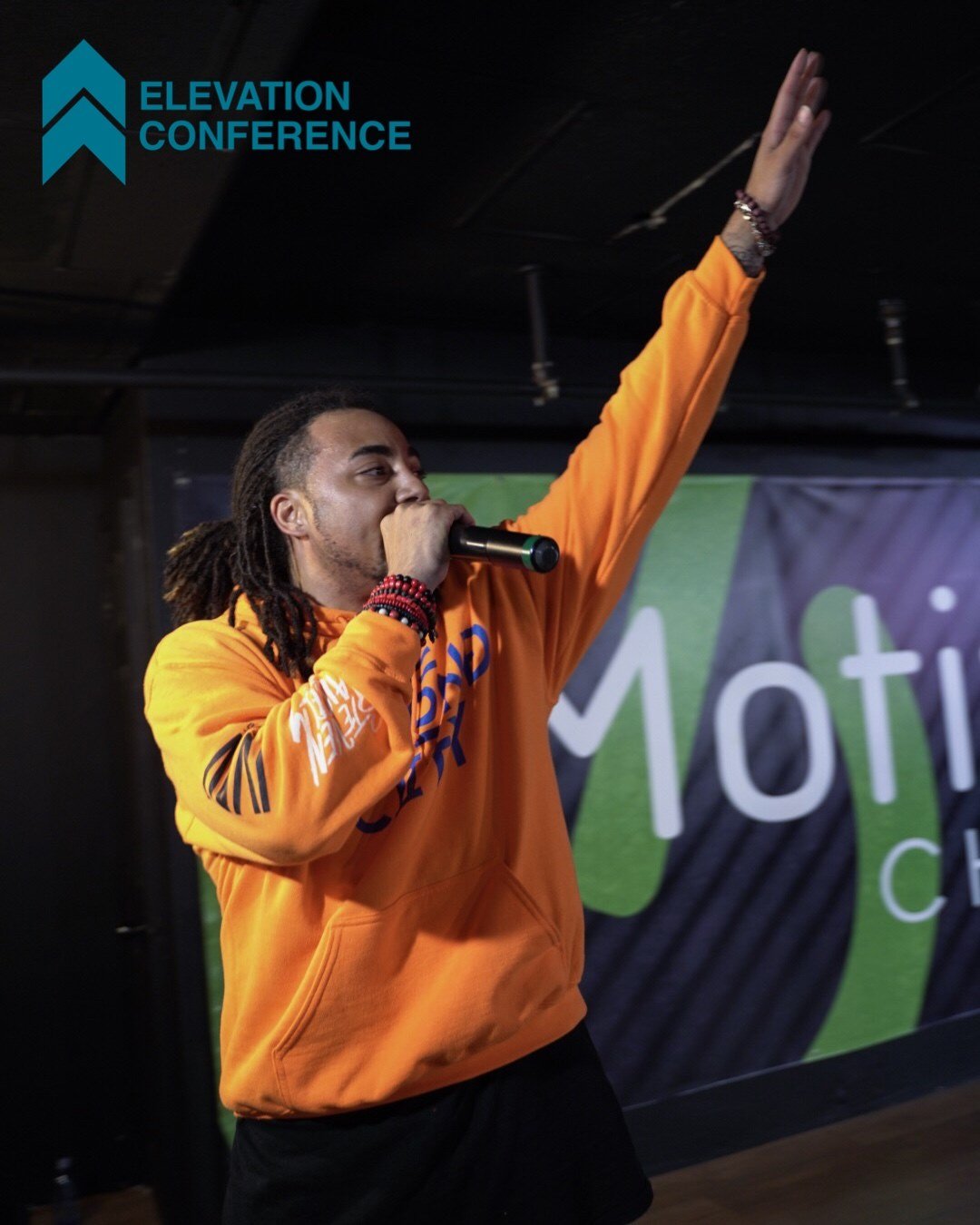

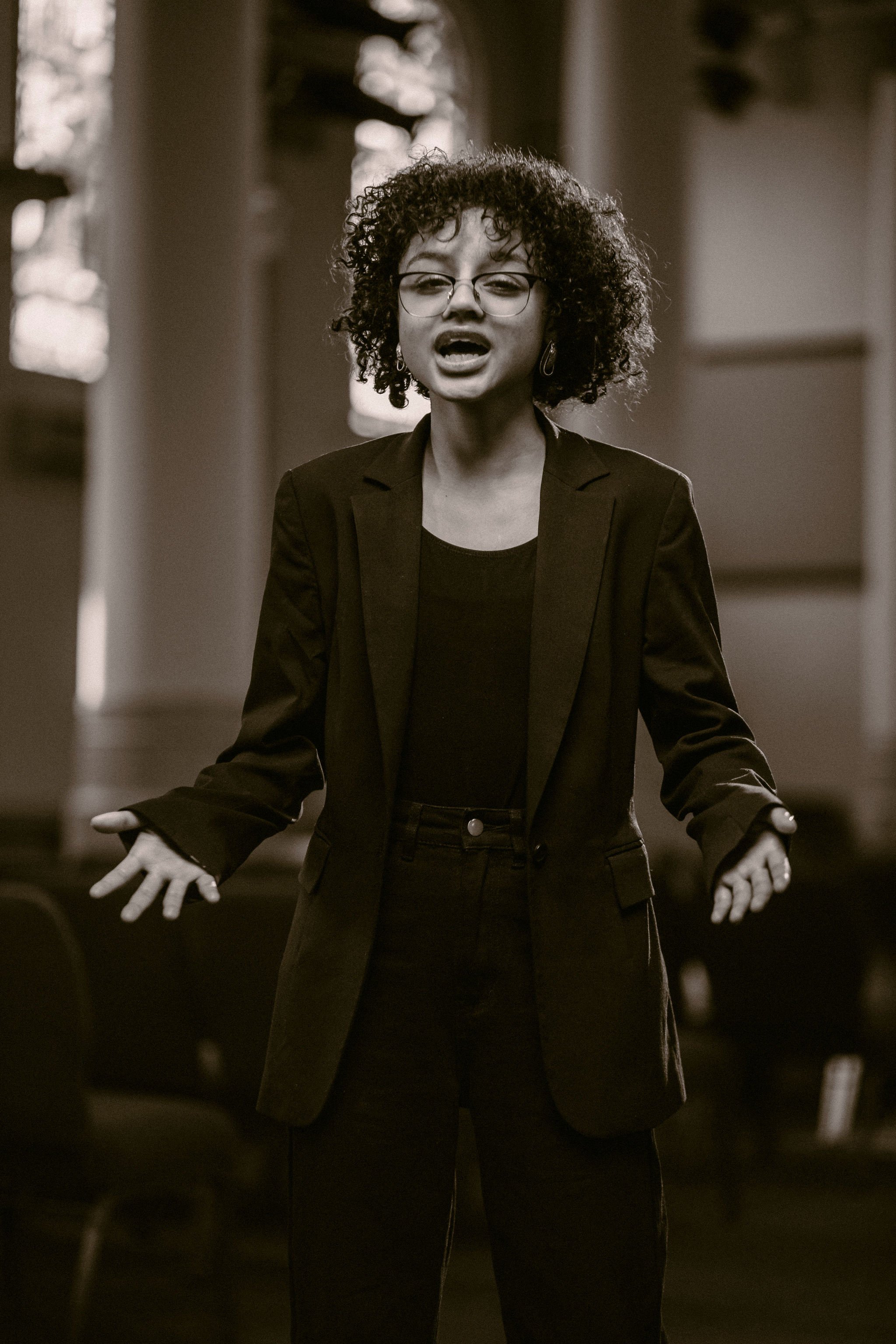






















































![Hidden Treasures: Celebrating Refugee Stories [photojournal]](https://images.squarespace-cdn.com/content/v1/57ff1c7ae58c62d6f84ba841/1512579164575-AKNVCYX4Q5DW8IN2CNYP/P1070998.jpg)

































![Saffron: A Refugee Story [VIDEO]](https://images.squarespace-cdn.com/content/v1/57ff1c7ae58c62d6f84ba841/1549999821579-83XWBWFG0C5QT4ARUXM3/Screenshot+2019-02-12+14.30.04.png)














![Hard Steps Toward the Light: Meet Bonnie Gatchell [Interview]](https://images.squarespace-cdn.com/content/v1/57ff1c7ae58c62d6f84ba841/1524836375191-XIDDMMVWWA04WYY5D1L6/3+a.+Route+One-+Bonnie+Tedx.png)
![What Women Leaders "Shouldn't" Want [Infographics]](https://images.squarespace-cdn.com/content/v1/57ff1c7ae58c62d6f84ba841/1482182315765-UMIZ38Z5JK74HBSVE773/WOV2016_DSC_1839.jpg)
![Women In Christian Leadership [Resource List]](https://images.squarespace-cdn.com/content/v1/57ff1c7ae58c62d6f84ba841/1503082489913-T7DT6XUHEQE5DLCQ91UP/pexels-womanleader.jpeg)




![2016 WOVEN CONSULTATION [Photojournal]](https://images.squarespace-cdn.com/content/v1/57ff1c7ae58c62d6f84ba841/1476666331174-5QUVROVZFAWEBDXCU15P/Screen+Shot+2016-10-16+at+6.05.15+PM.png)

![Connecting Multi-Site Church Leaders [PhotoJournal]](https://images.squarespace-cdn.com/content/v1/57ff1c7ae58c62d6f84ba841/1513116581077-WOWU94O437SJAKKAMZMA/DSC_0438-for-header.jpg)







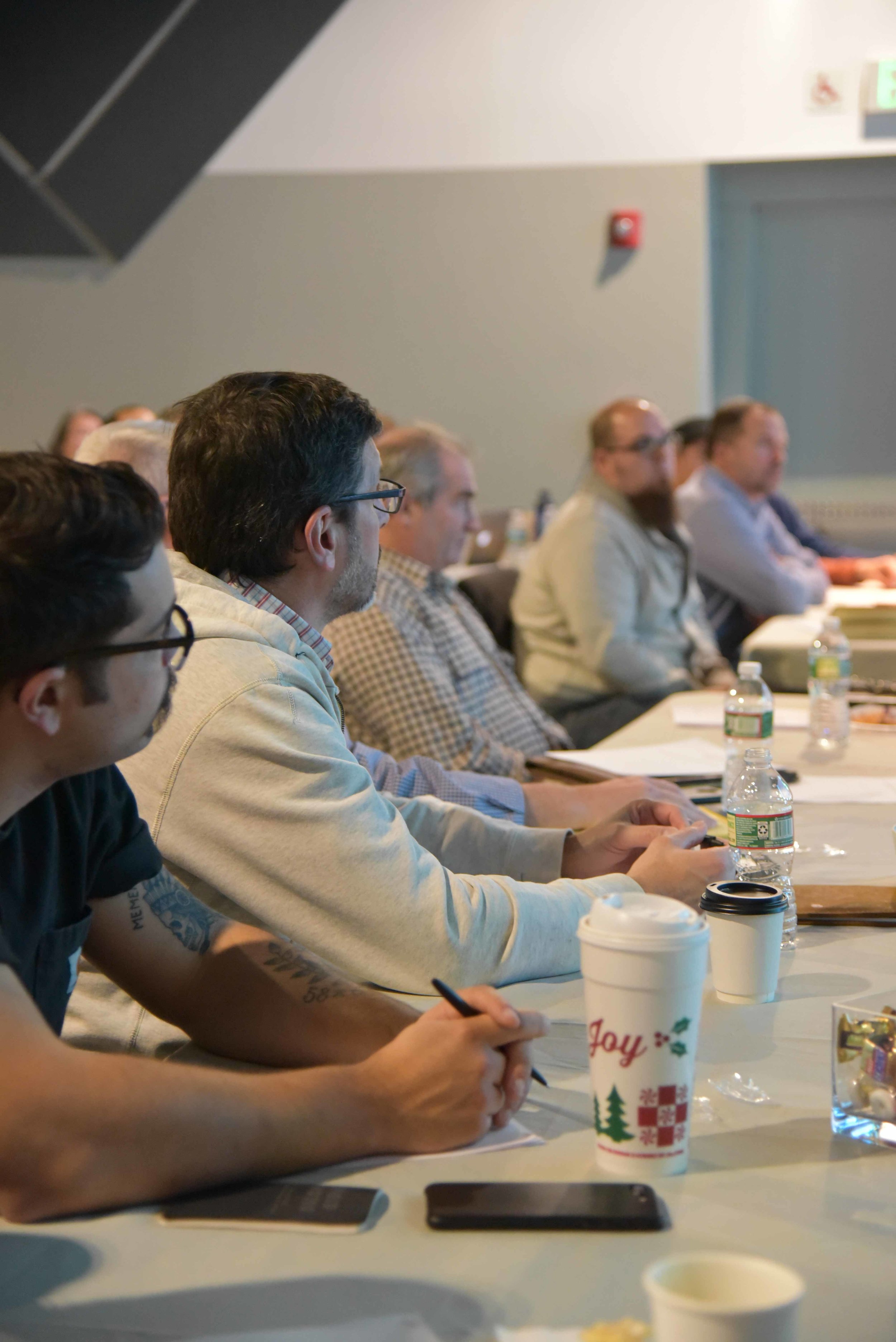













![Ethiopian Churches in Greater Boston [map]](https://images.squarespace-cdn.com/content/v1/57ff1c7ae58c62d6f84ba841/1506113852983-TSLLC1FENTJJGZYIO7MM/orthodox+cross+church.jpeg)




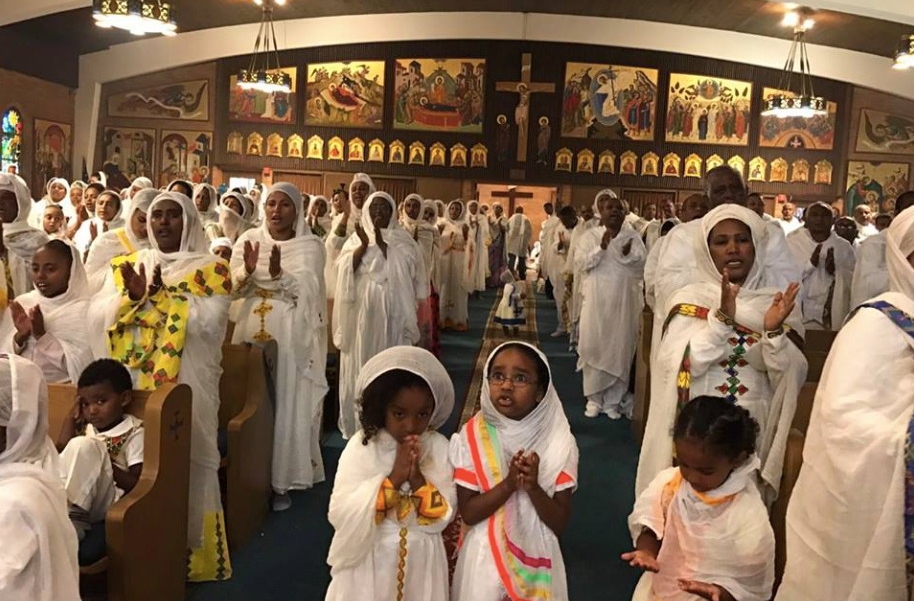











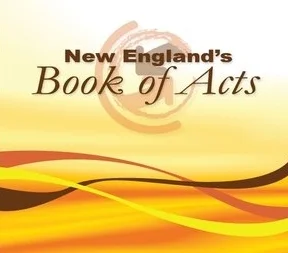










What is the Quiet Revival? Fifty years ago, a church planting movement quietly took root in Boston. Since then, the number of churches within the city limits of Boston has nearly doubled. How did this happen? Is it really a revival? Why is it called "quiet?" EGC's senior writer, Steve Daman, gives us an overview of the Quiet Revival, suggests a definition, and points to areas for further study.